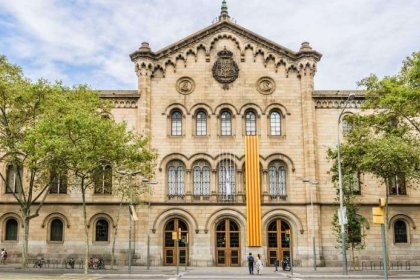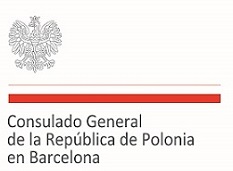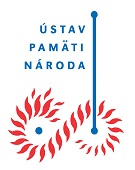The history of dictatorships and authoritarian regimes in the 20th century can also be understood as a history of resistance and nonconformity. In (post)totalitarian and authoritarian regimes, there have always been those who have not been indifferent to the imposition of restrictions on their own or others’ individual freedoms – freedom of expression, religion, political beliefs, etc. – and to social injustices and inequities, and who have chosen some form of resistance rather than merely being bystanders, indifferent or collaborating. A growing body of research in recent years has drawn attention to the various patterns of resistance that have emerged in repressive regimes, from passive resistance to open opposition, from more covert strategies of cultural opposition to the organisation of social movements.
It is also true that an effective tool of authoritarian regimes is the atomisation of society, i.e. fragmenting it into small units that are powerless in themselves: individuals, social groups and organisations deprived of community cohesion have been able to assert their interests less effectively. The antidote to this in the 20th century was the practice of solidarity, i.e. altruistic assistance, shared responsibility and concerted civic activism between different individuals and social groups based on shared values.
The practice and the manifestations of solidarity can be traced throughout the history of the 20th century, which includes two world wars, several civil wars, Nazism and the Holocaust, fascism, communism in its Stalinist and ‘real socialist’ versions and authoritarianism. Without exception, these phenomena were accompanied by genocide, political murder, torture, persecution, political repression, forced migration and political emigration. At the same time, the ideologies and the methods of governance that led to antidemocratic practices and genocide aroused resistance and opposition, and their victims sought support and sympathy. Expressions of resistance, support and solidarity were varied and operated at many levels – local, national and transnational – creating links between different individuals, social groups and organisations, aiming to provide effective forms of resistance to the loss of freedom imposed by undemocratic regimes.
It seems that solidarity is not only a much-used term, but it is above all a community of values, expressed through action, which has linked individuals and communities in Europe and shaped the history of Europe in a meaningful way. The European Remembrance Symposium aims to review the recurring practices, legacies and memories of solidarity and resistance to the loss of freedom with a special emphasis on remembrance. Which forms of solidarity and resistance live on in social memory, which forms have been misremembered or forgotten? To what extent can remembrance and its practices be forms of solidarity? What are the ethical implications of the practice of solidarity and resistance that emerged during the history of the 20th century? What are the less obvious expressions of solidarity in the various contexts of memory culture, arts, economics, law, education, journalism and civic activism, and what are the good practices that make these expressions effective? And, on the contrary, where are the ethical and social limits of solidarity, and what forms of resistance have not been effective and able to counteract what they have resisted? What are the historical examples of solidarity that reflect all those democratic values that urgently need to be strengthened in the context of the challenges facing 21st-century democracies, including the current Russian aggression, the refugee and energy crises and their likely long-term consequences?
Venue: Aula Magna, University of Barcelona
Dates: 9 – 11 May 2023
Language: English, Spanish
Contact: europeanremembrance@enrs.eu, maria.naimska@enrs.eu
11th European Remembrance Symposium and 6th Taking Stock of European Memory Policies
Resistance and Solidarity
Reportage
Gallery
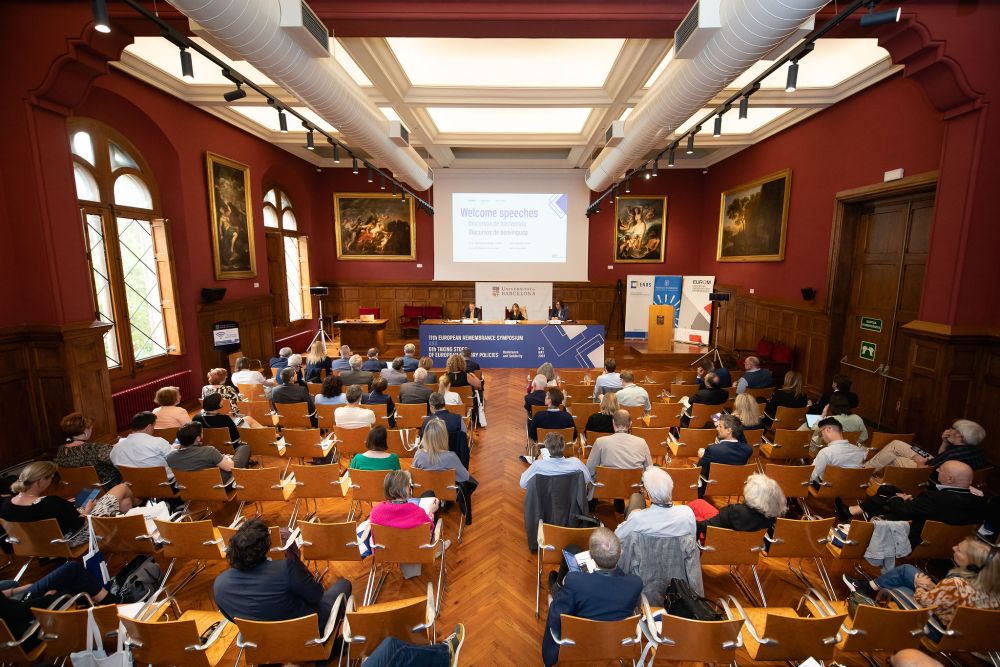
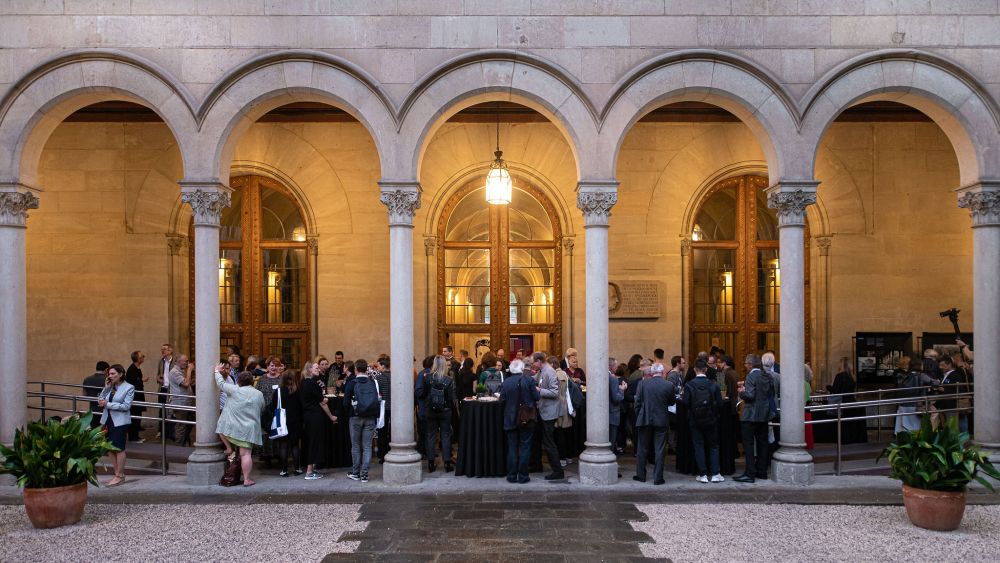
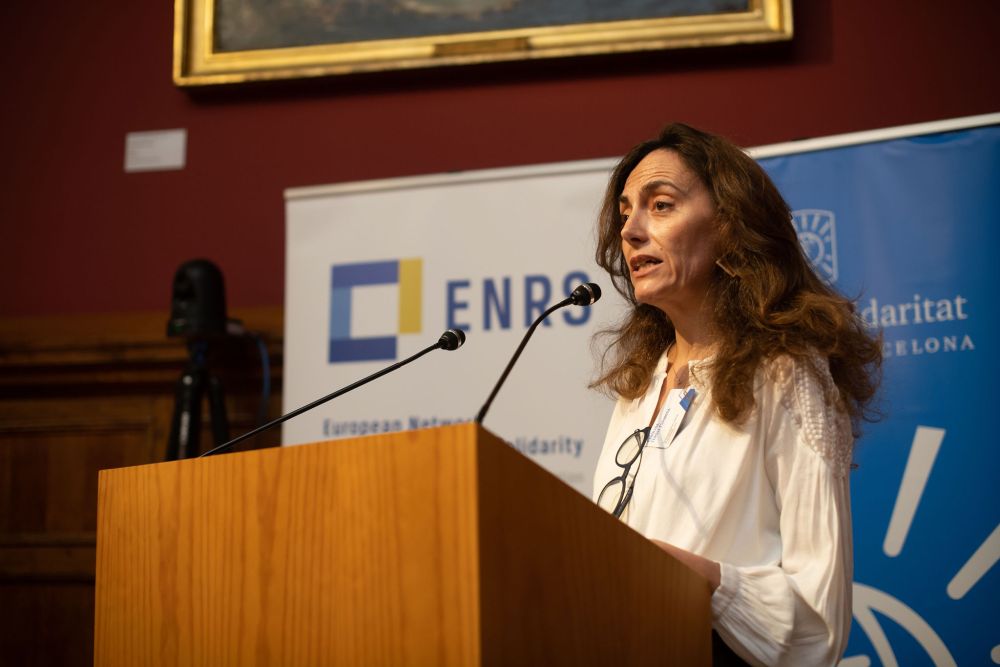
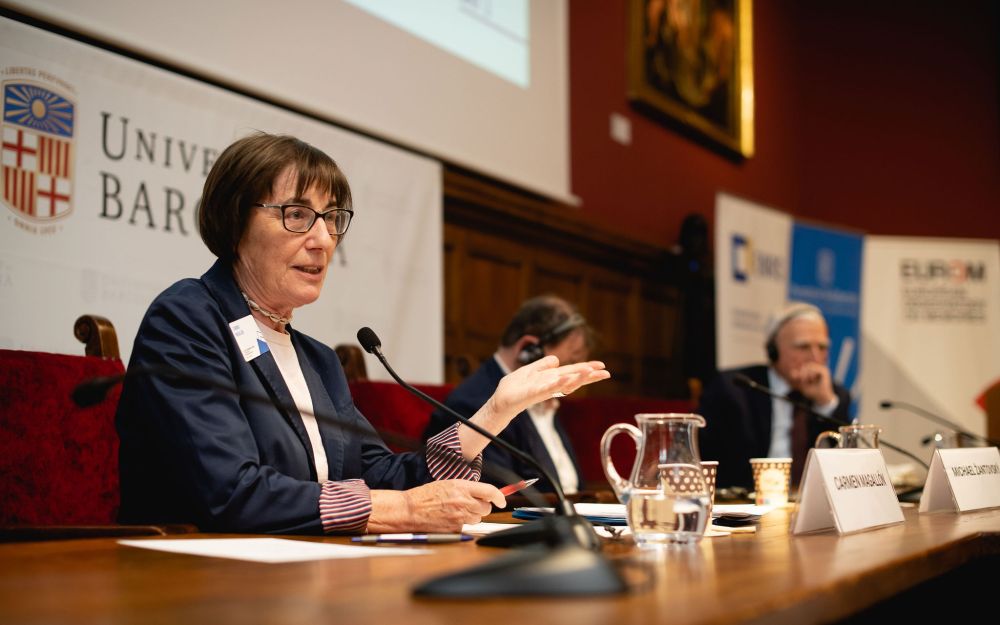
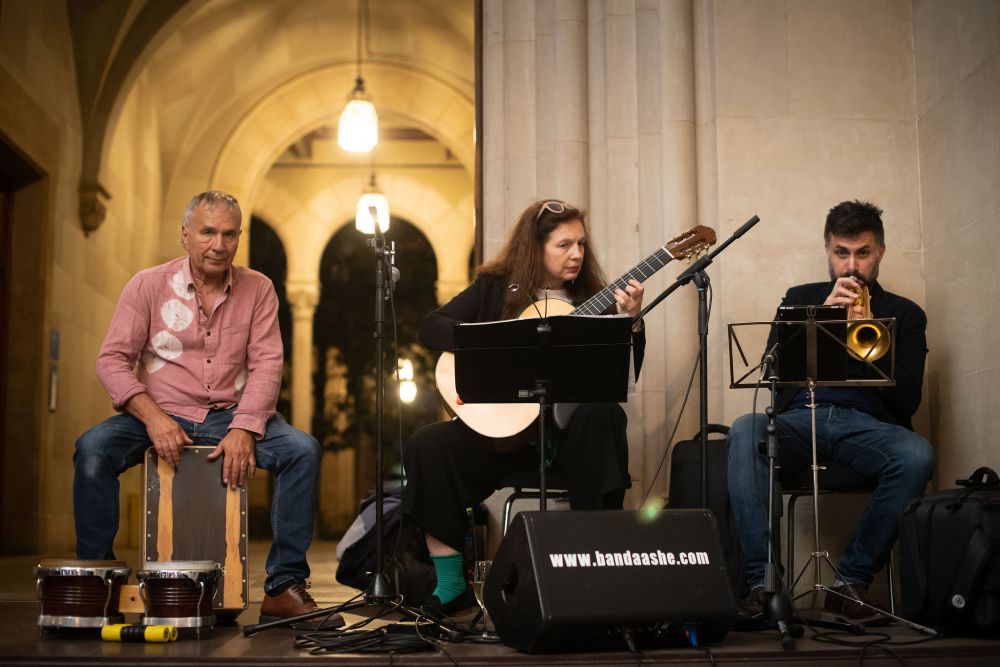
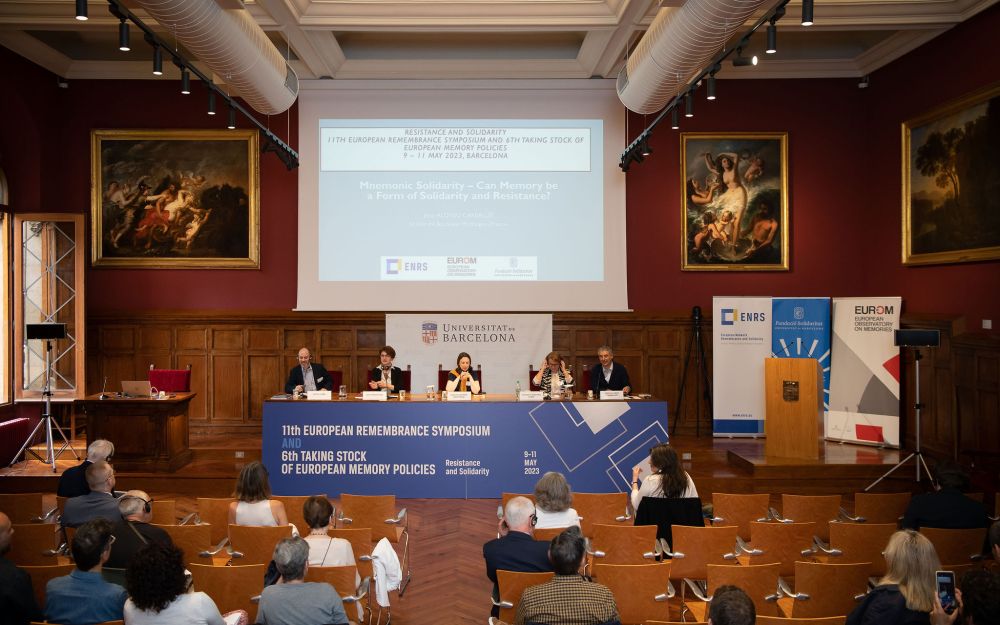
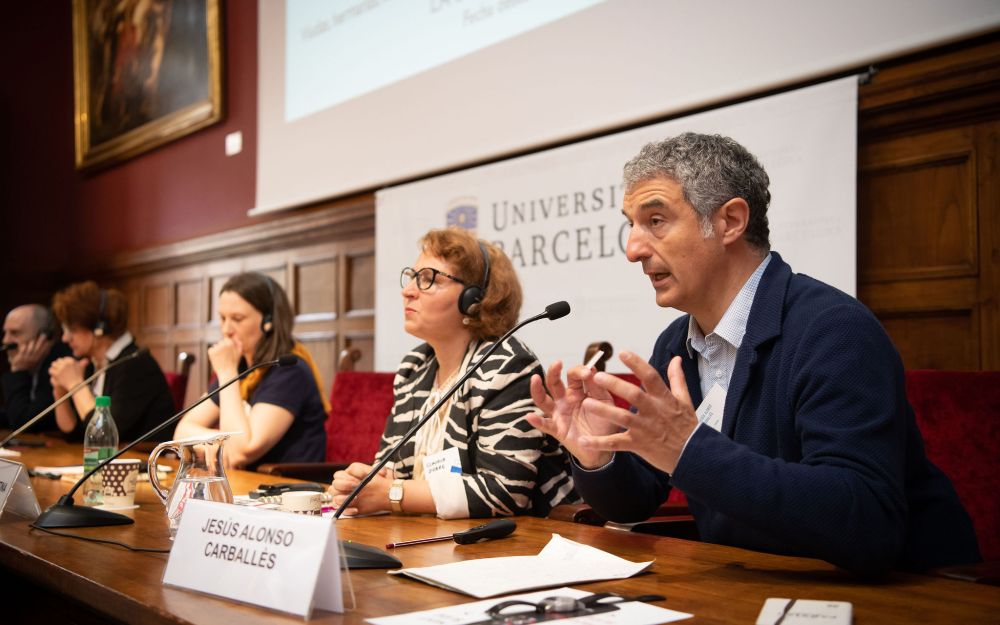
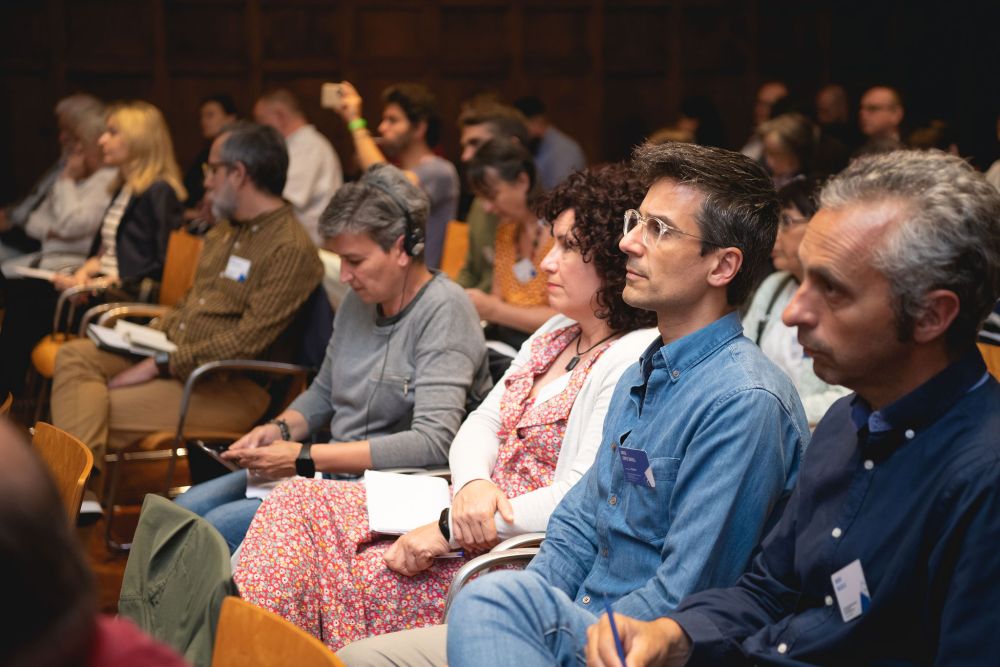
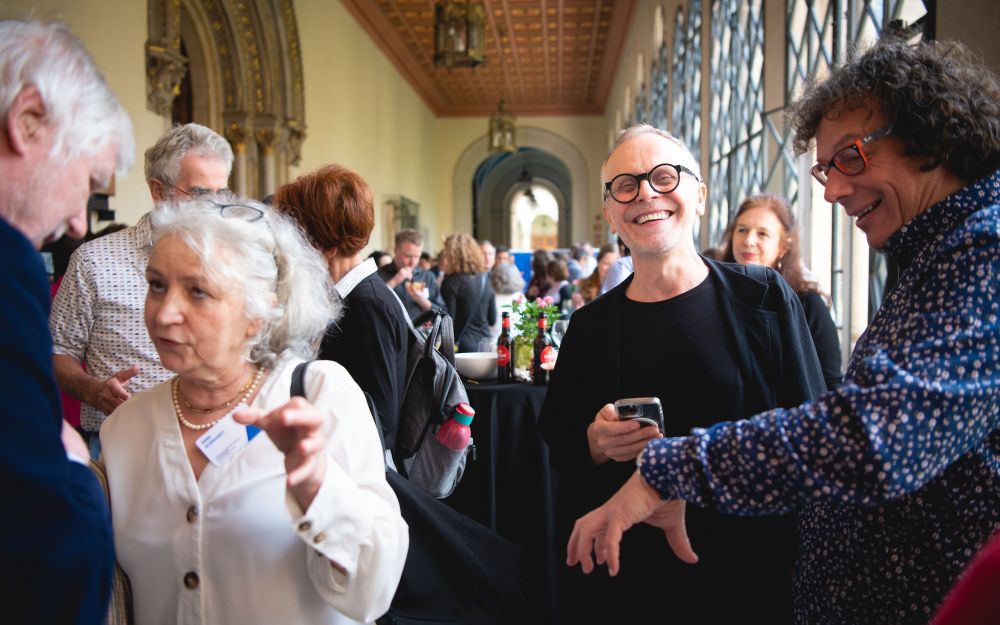
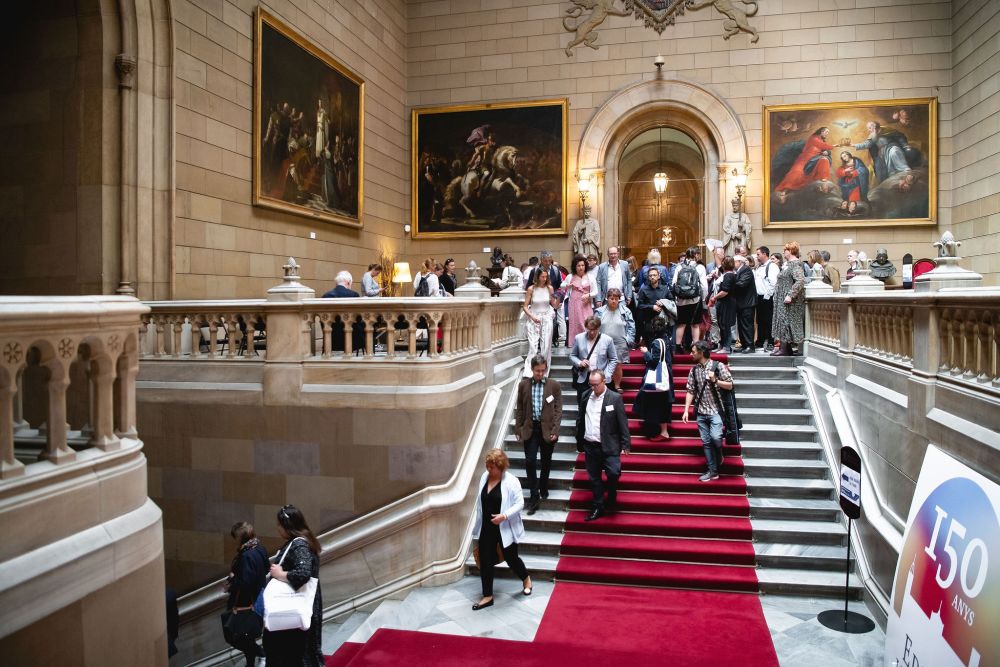
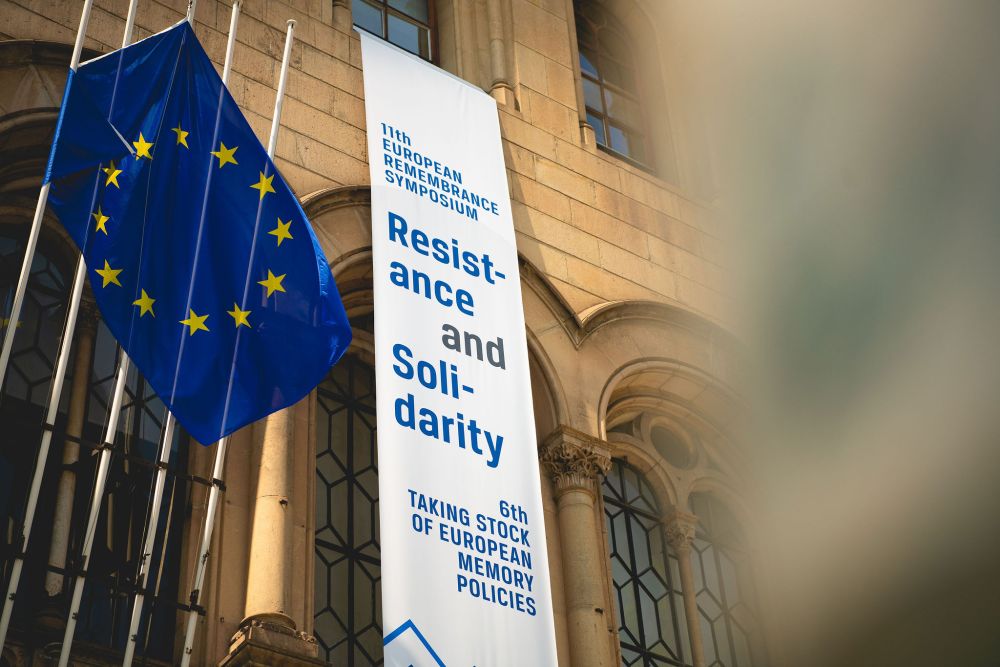
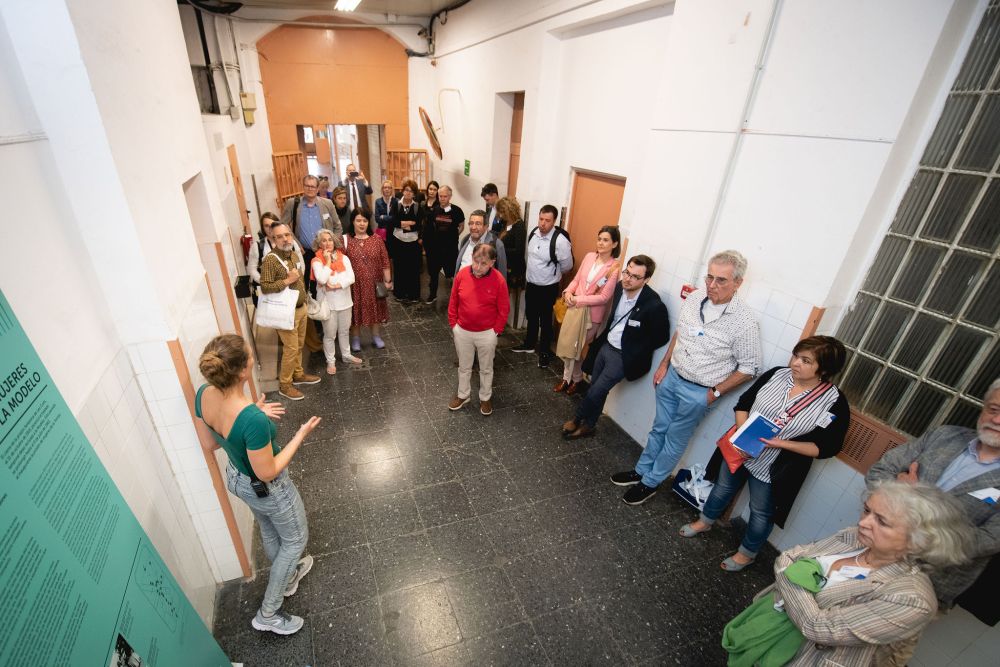
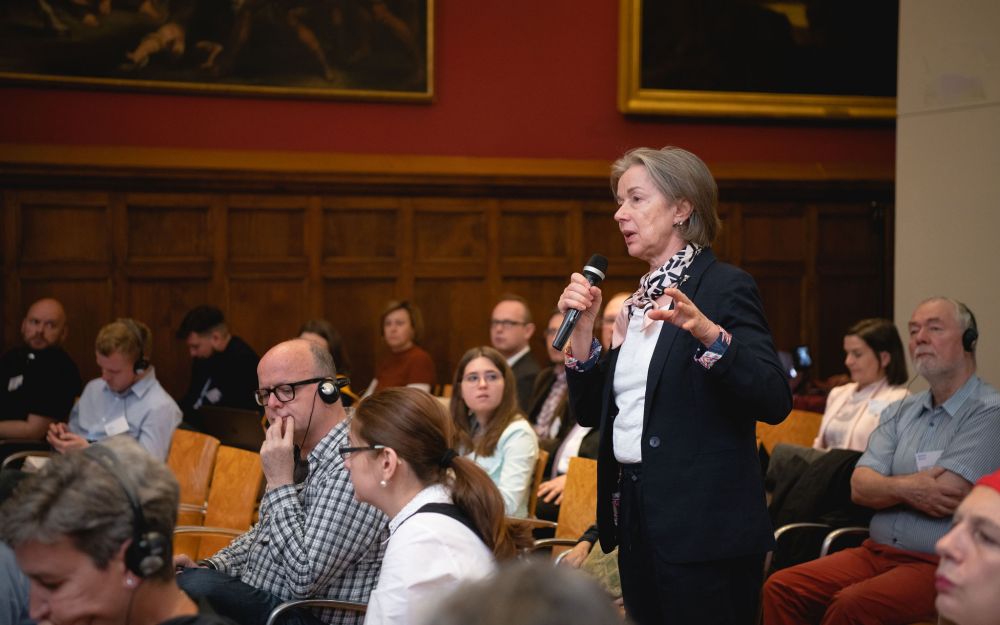
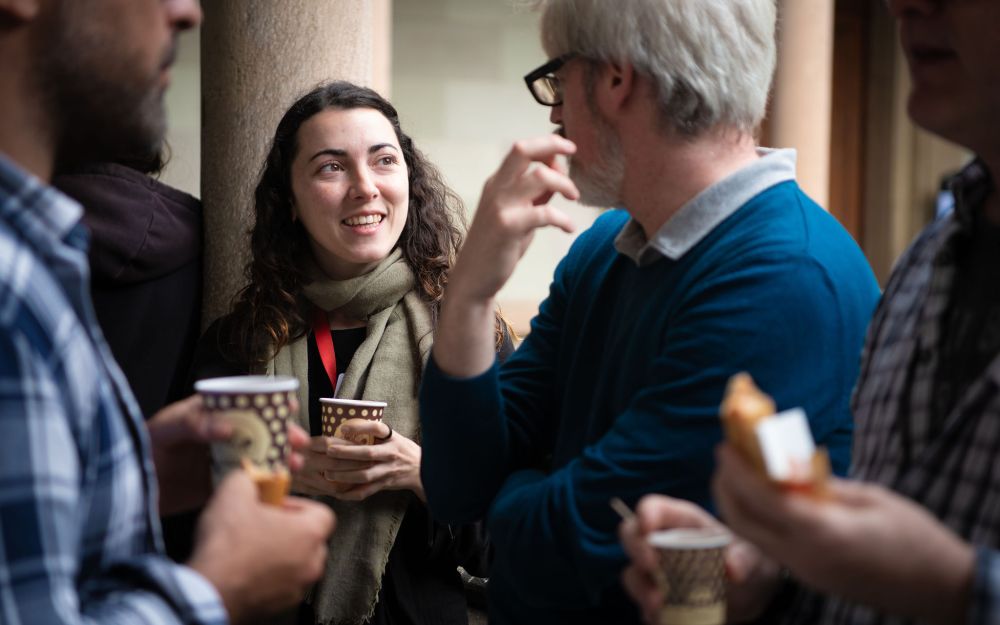
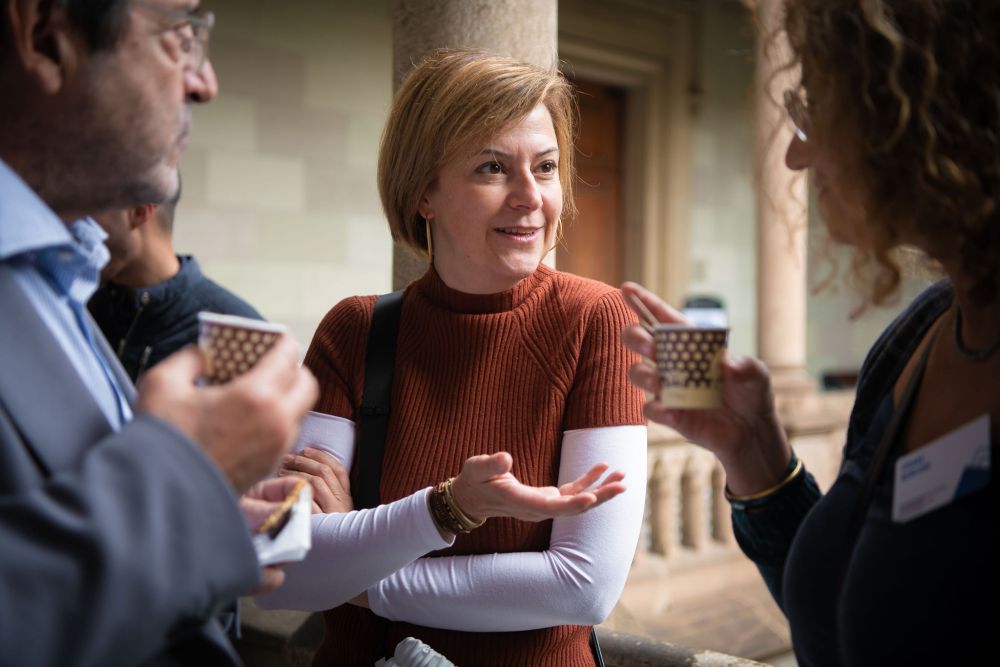
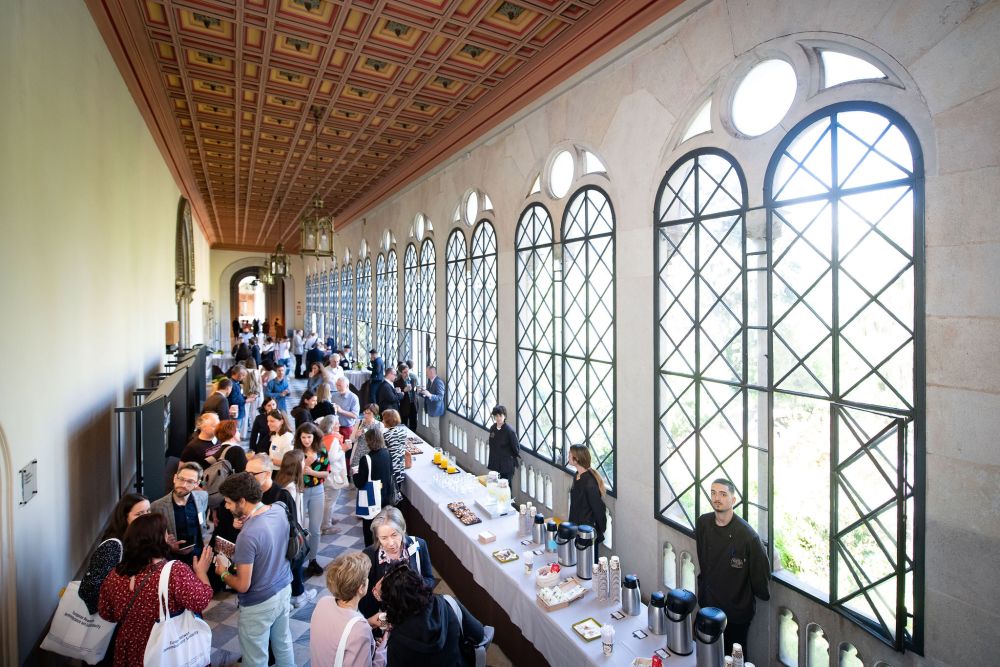
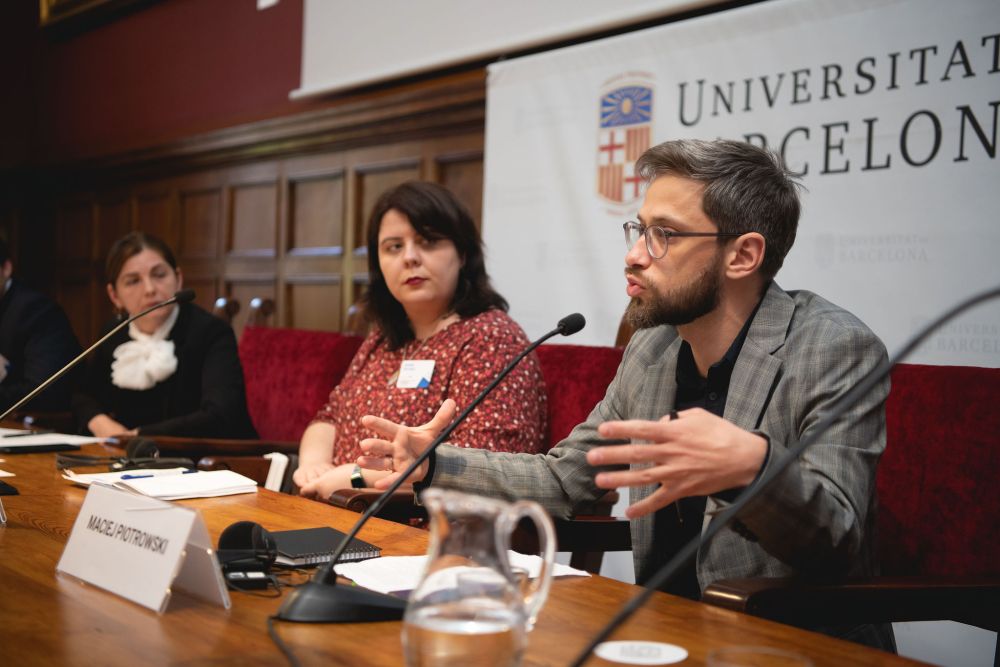
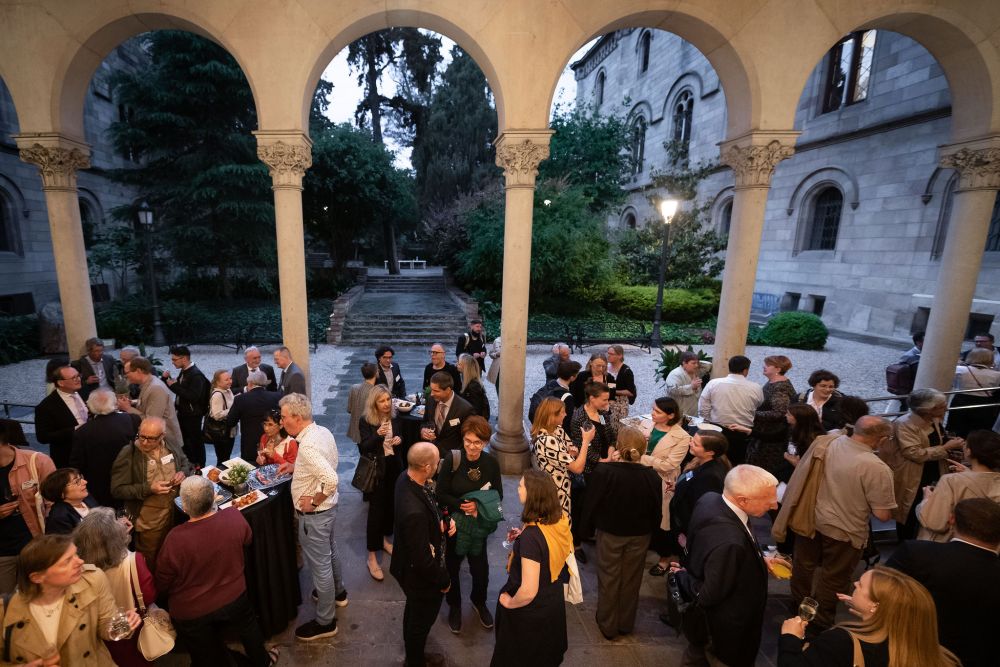
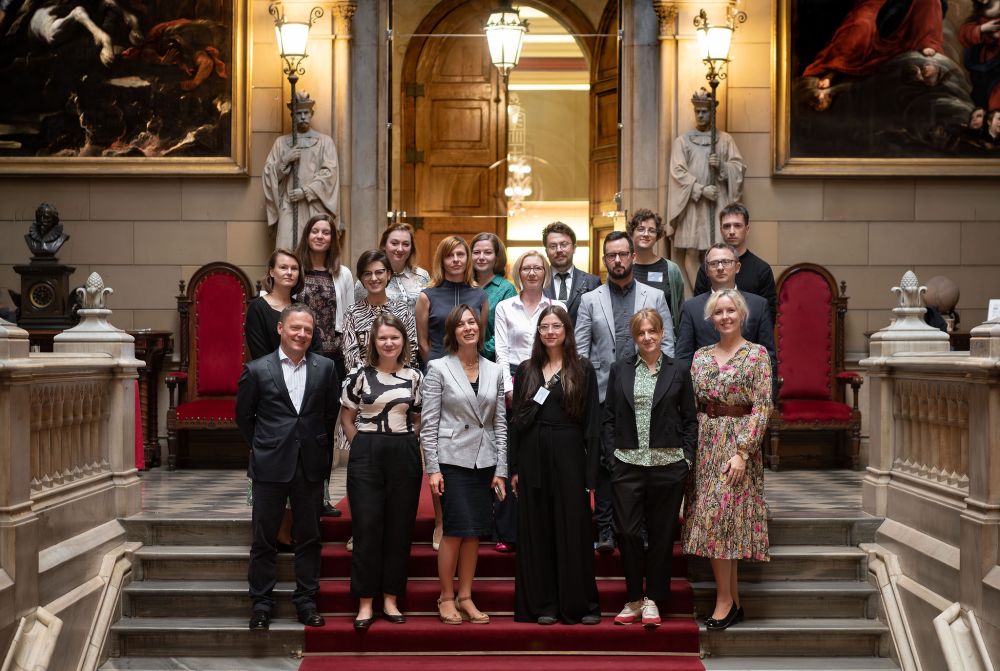
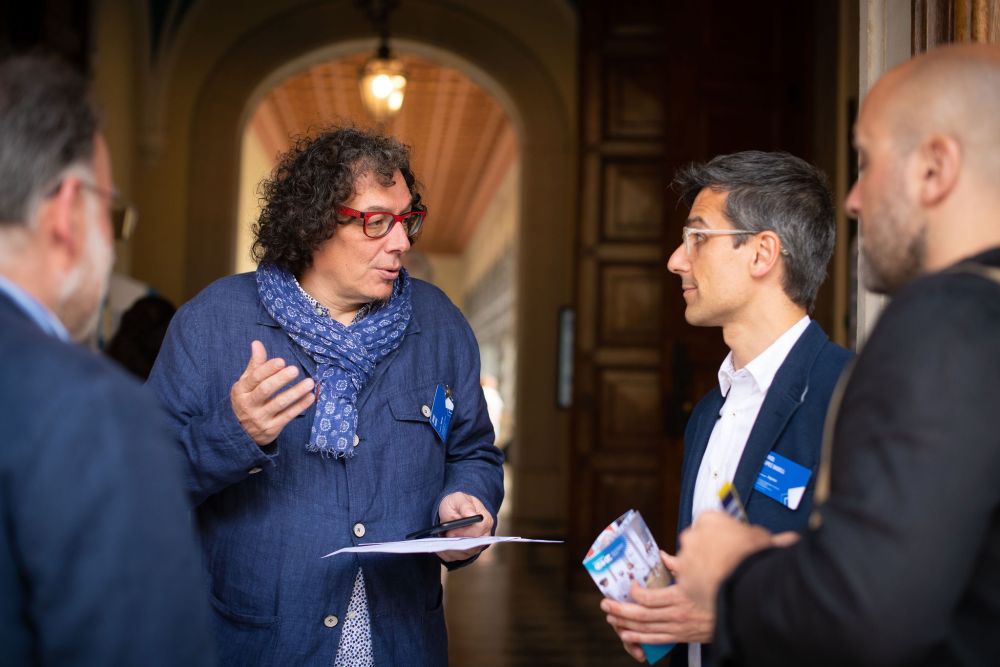
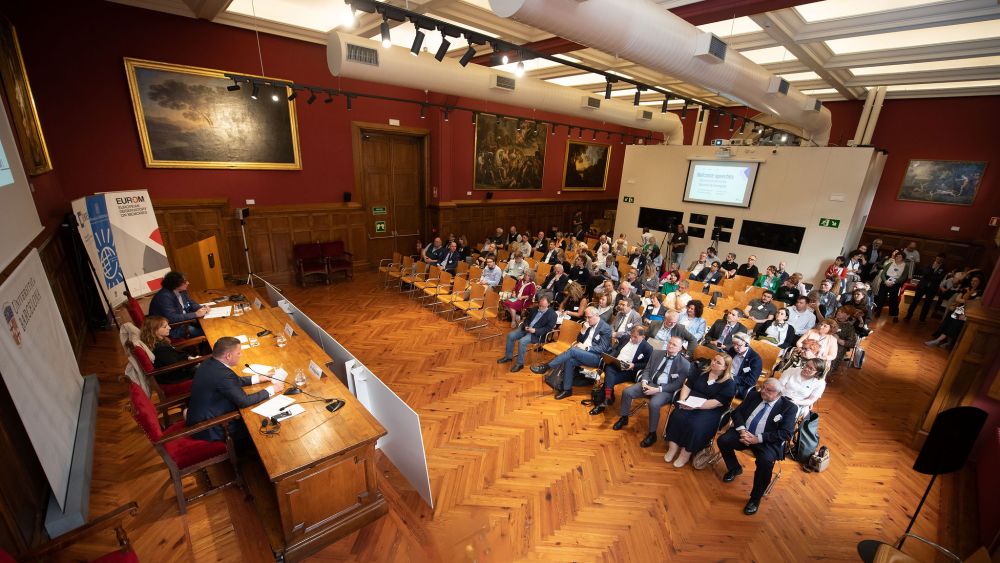
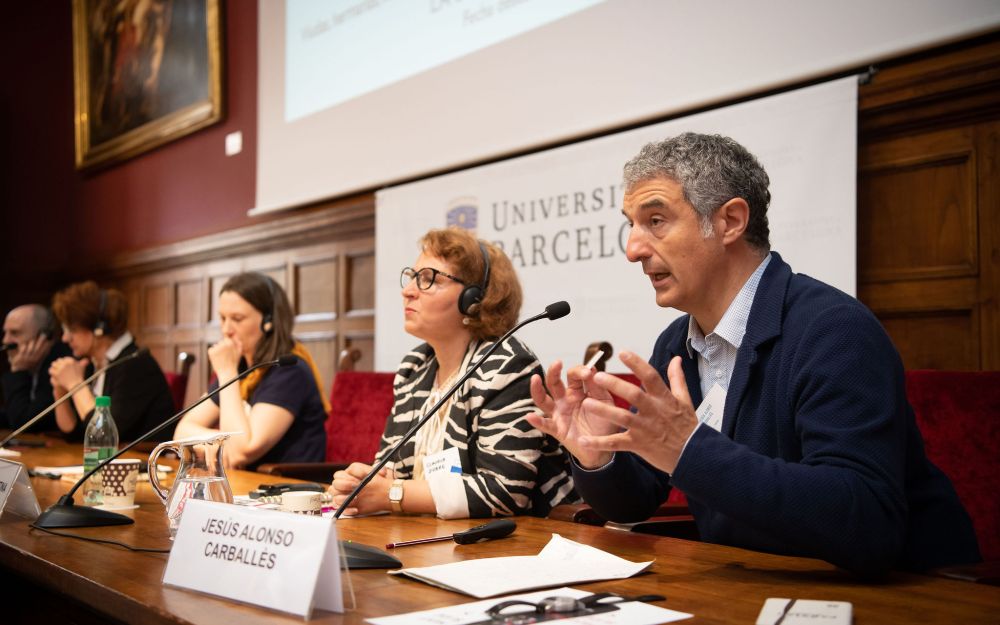
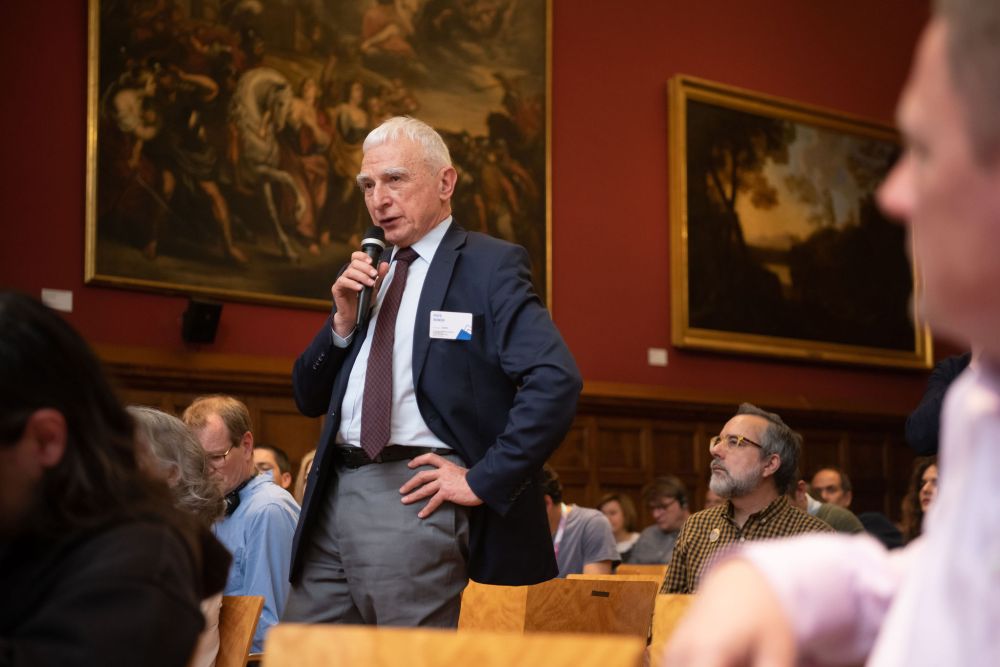
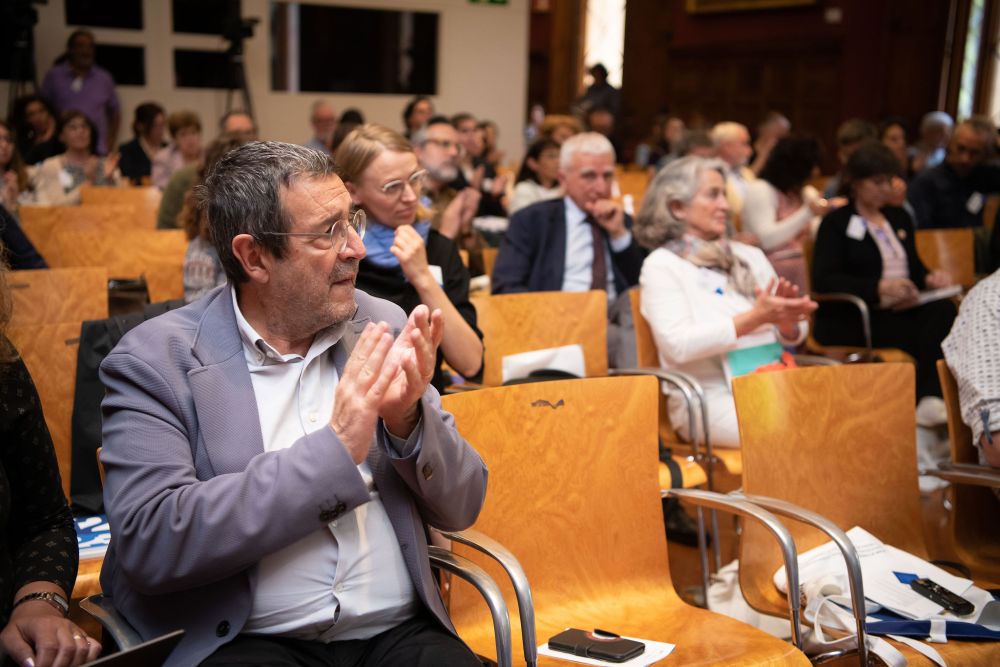
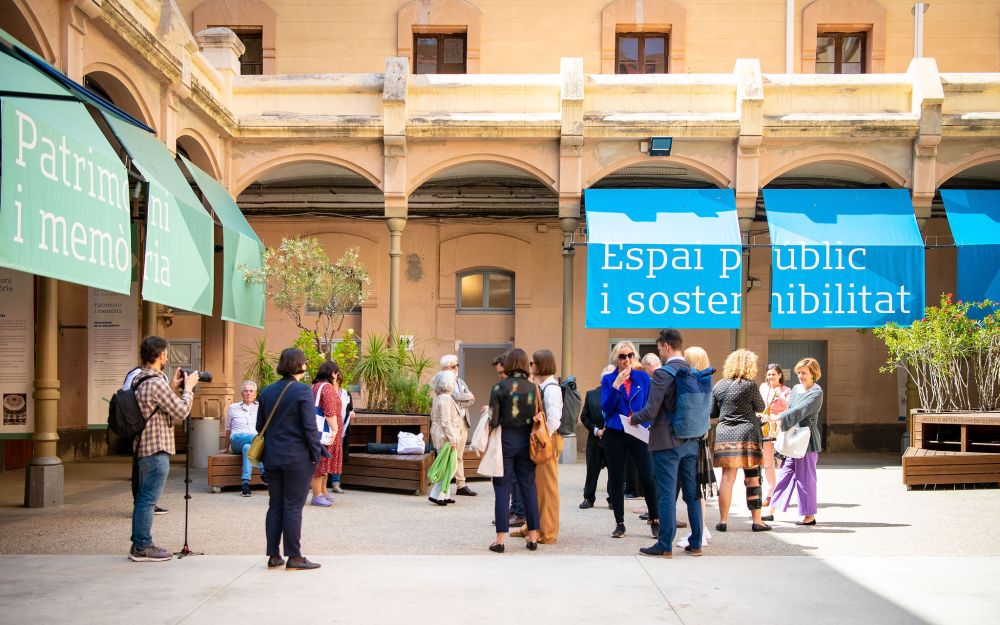
Programme
Download the full programme
download PDF
Speakers
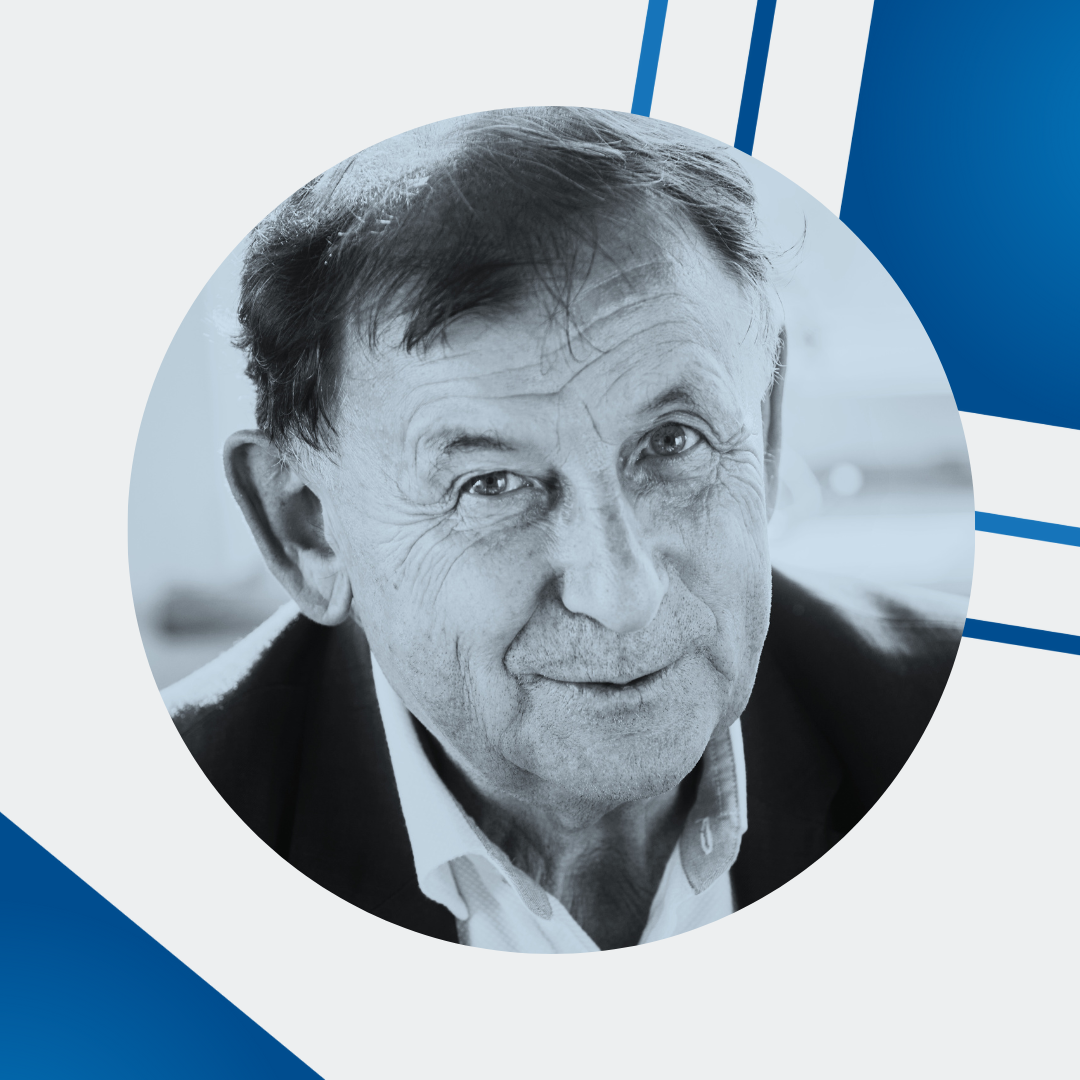

Michael Žantovský
Michael Žantovský is a Czech diplomat, author, psychologist and politician, former Czech ambassador to the United States, Israel and the United Kingdom, and a former senator of the Czech Parliament. He currently serves as the executive director of the Václav Havel Library. He served as a spokesman, press secretary and political director to President Václav Havel. He has taught Euro-American relations at Charles University, the New York University in Prague and the CEVRO and CERGE institutes.
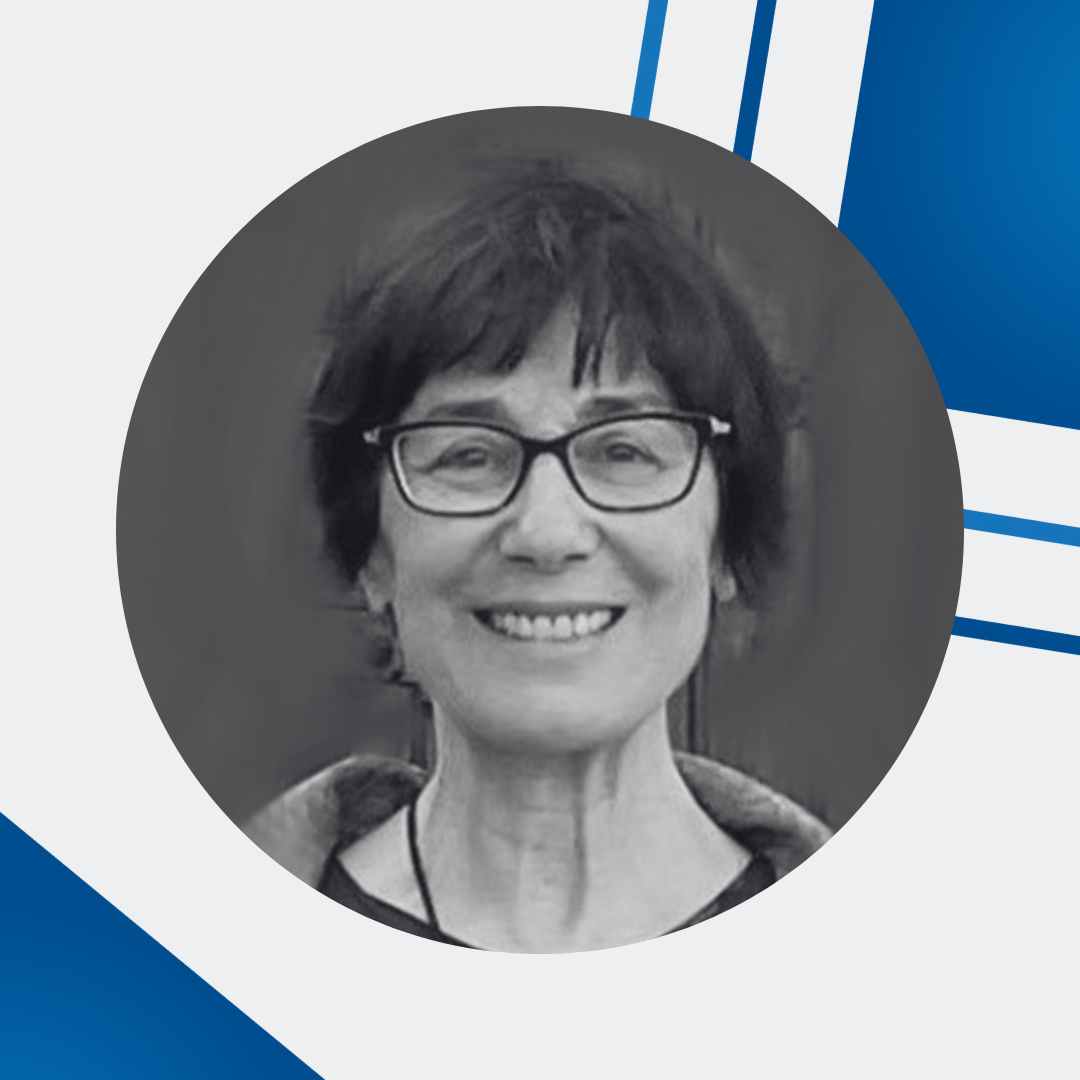

Carmen Magallón
Carmen Magallón has been involved in the peace movement since the 1980s. After graduating from the University of Zaragoza, Magallón taught physics for 20 years and reoriented her career towards the history of science and completed a PhD on women in science. She is the president of a Peace Research Centre (SIP Foundation, Zaragoza) and honorary president of the Women’s International League for Peace & Freedom (WILPF), Spain. Her books include Pioneras españolas en las ciencias [Spanish women pioneers in science] (Madrid, 1998, 2004) and Mujeres en pie de paz [Women vote for peace] (Madrid, 2006).
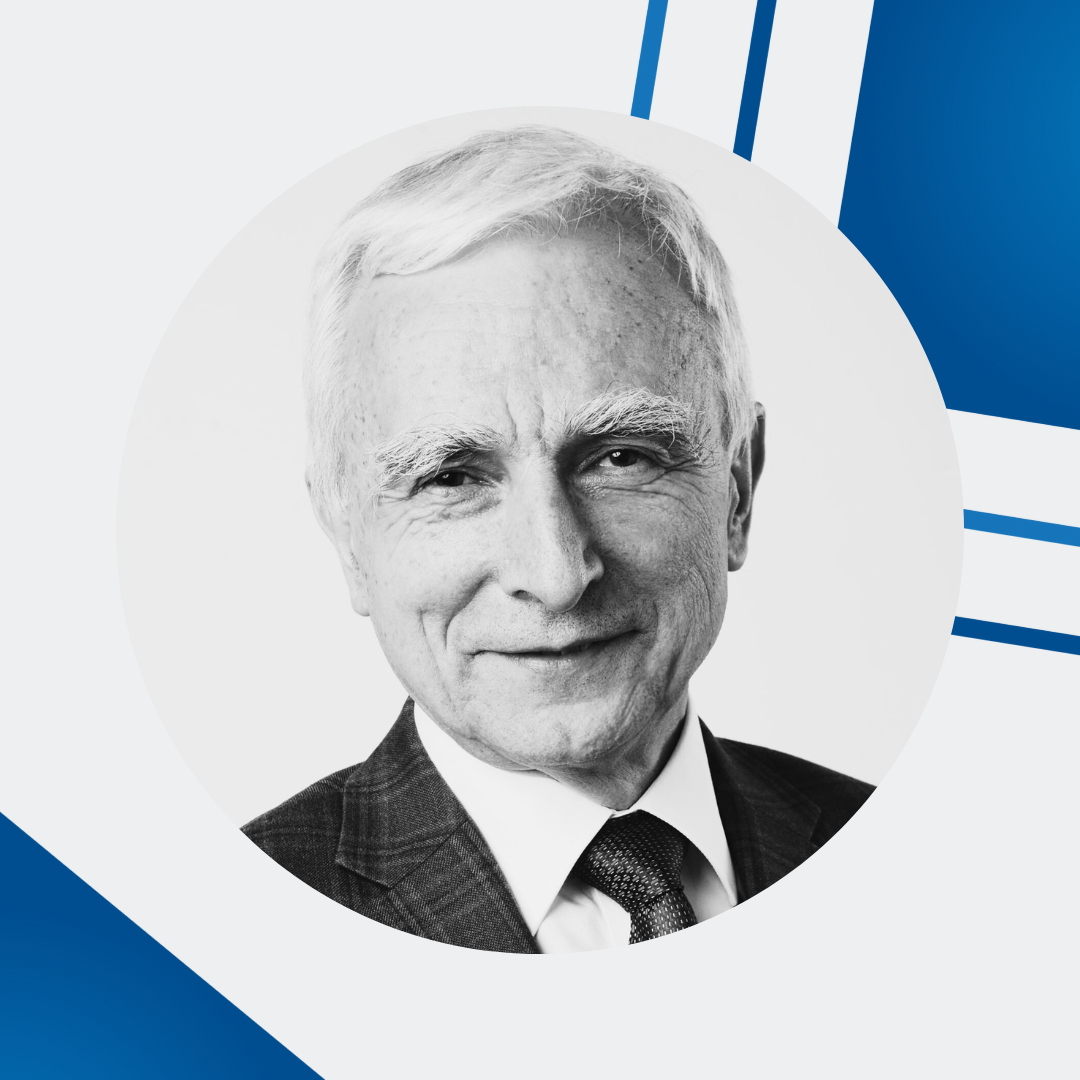

Piotr Naimski
Piotr Naimski is a Polish politician, biochemist and lecturer. He was an anti-communist opposition activist in the period of the People’s Republic of Poland, assisting oppressed workers in Radom and Ursus following the June 1976 protests. He was one of the founders of the Workers’ Defence Committee. He served on the board of the Centre for Social Research of Solidarity (1980–81), was an MP and deputy minister of economy, and in 2015–2022 he was Secretary of State and responsible for strategic energy infrastructure.
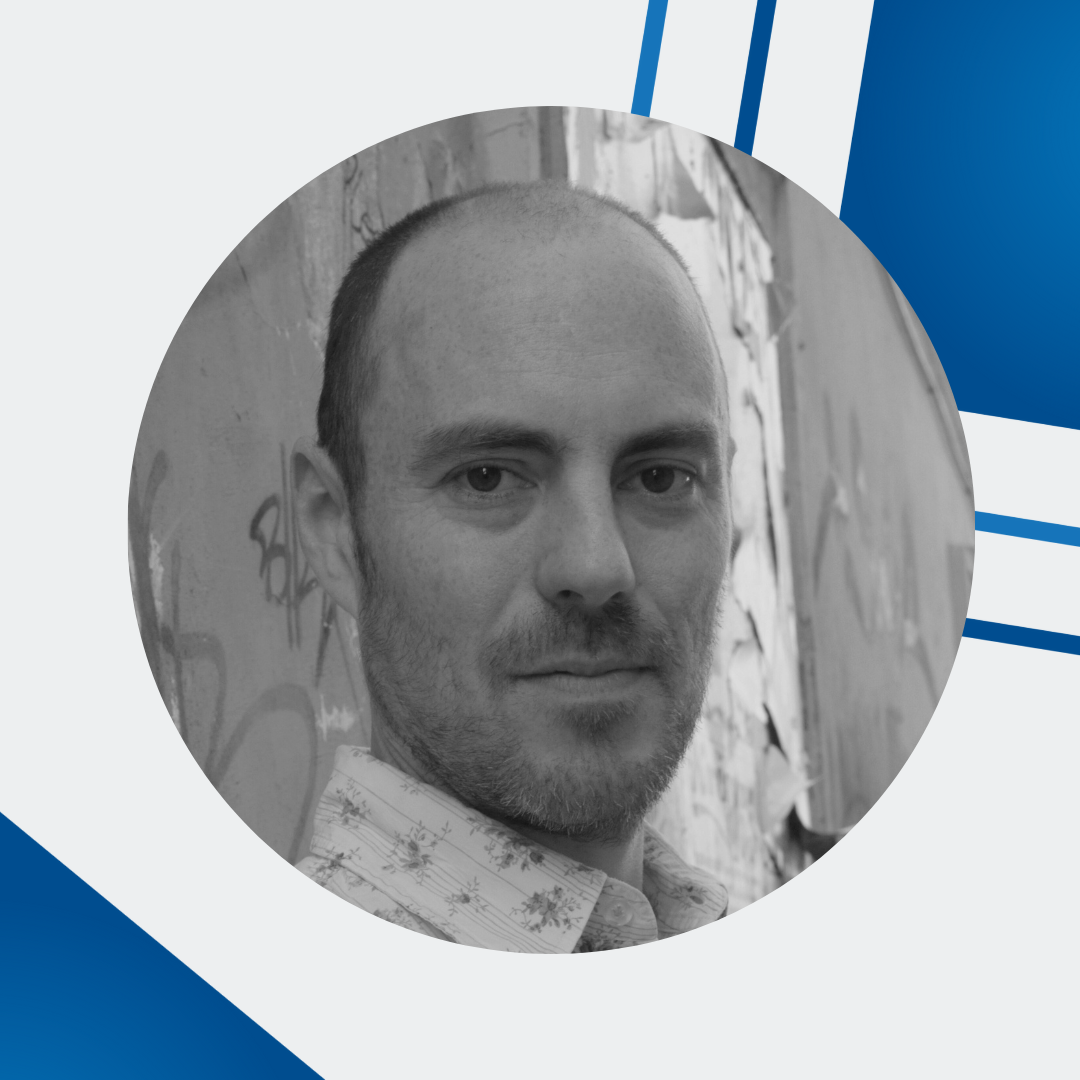

Keith Lowe
Keith Lowe is a British author and historian, who specialises in the history and memory of the Second World War. His books have been translated into more than 20 languages. They include the international bestseller Savage Continent: Europe in the Aftermath of World War II and, most recently, Prisoners of History: What Monuments to the Second World War Tell Us about Our History and Ourselves. He regularly lectures at universities and other institutions on both sides of the Atlantic.
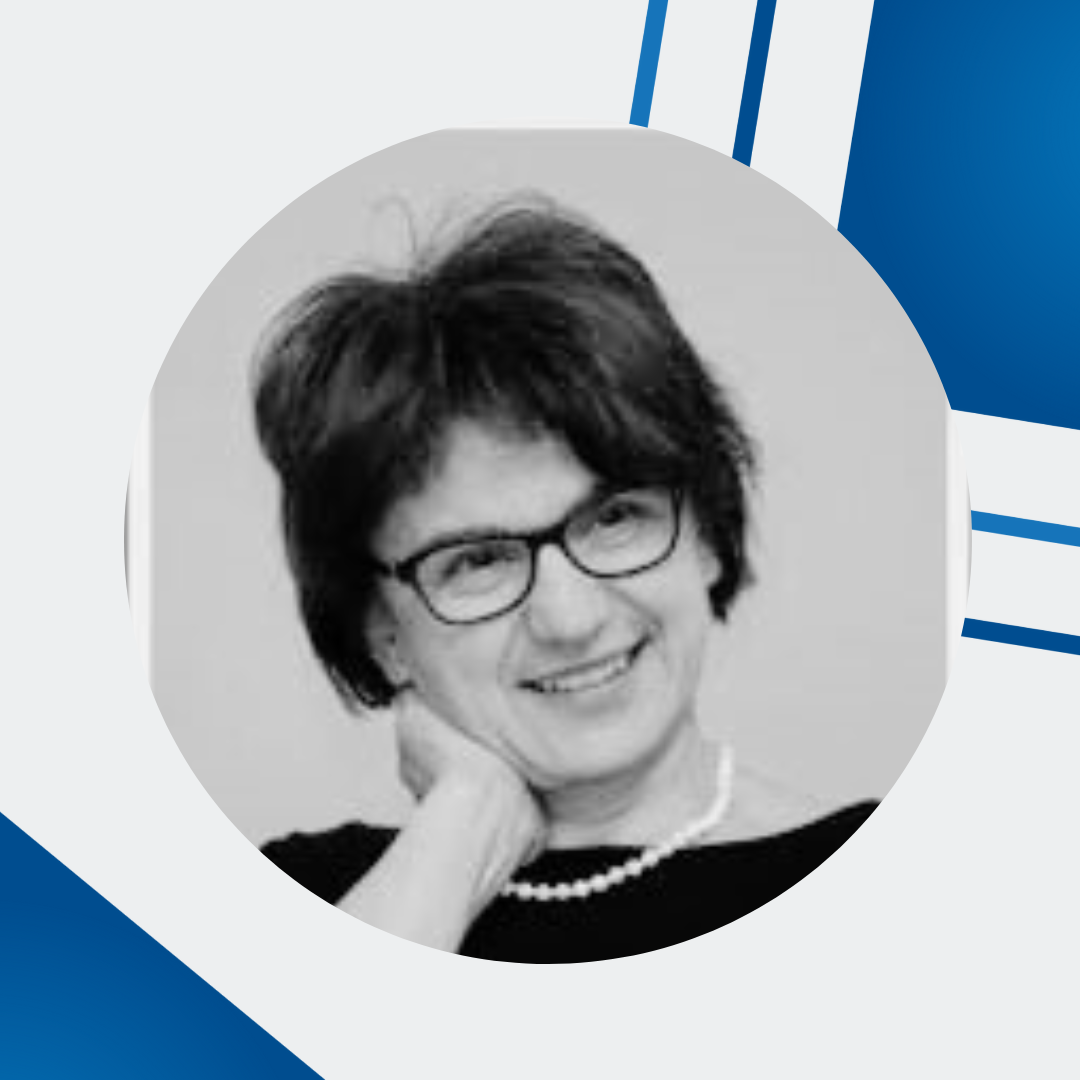

Zsuzsanna Bögre
Zsuzsanna Bögre is a sociologist and an associate professor at Pázmány Péter Catholic University, Budapest. Her main teaching areas are post-1945 Hungarian social history, identity theories in the modern/postmodern era, sociology of religion and religious communities in the secular world. Bögre’s research method is based on life history interviews. Her current interest is the survival strategy of the monastic orders that were dissolved by the state in 1950. In her research, she seeks to answer what are the differences and similarities between resistance and resilience in dictatorships and autocracy.
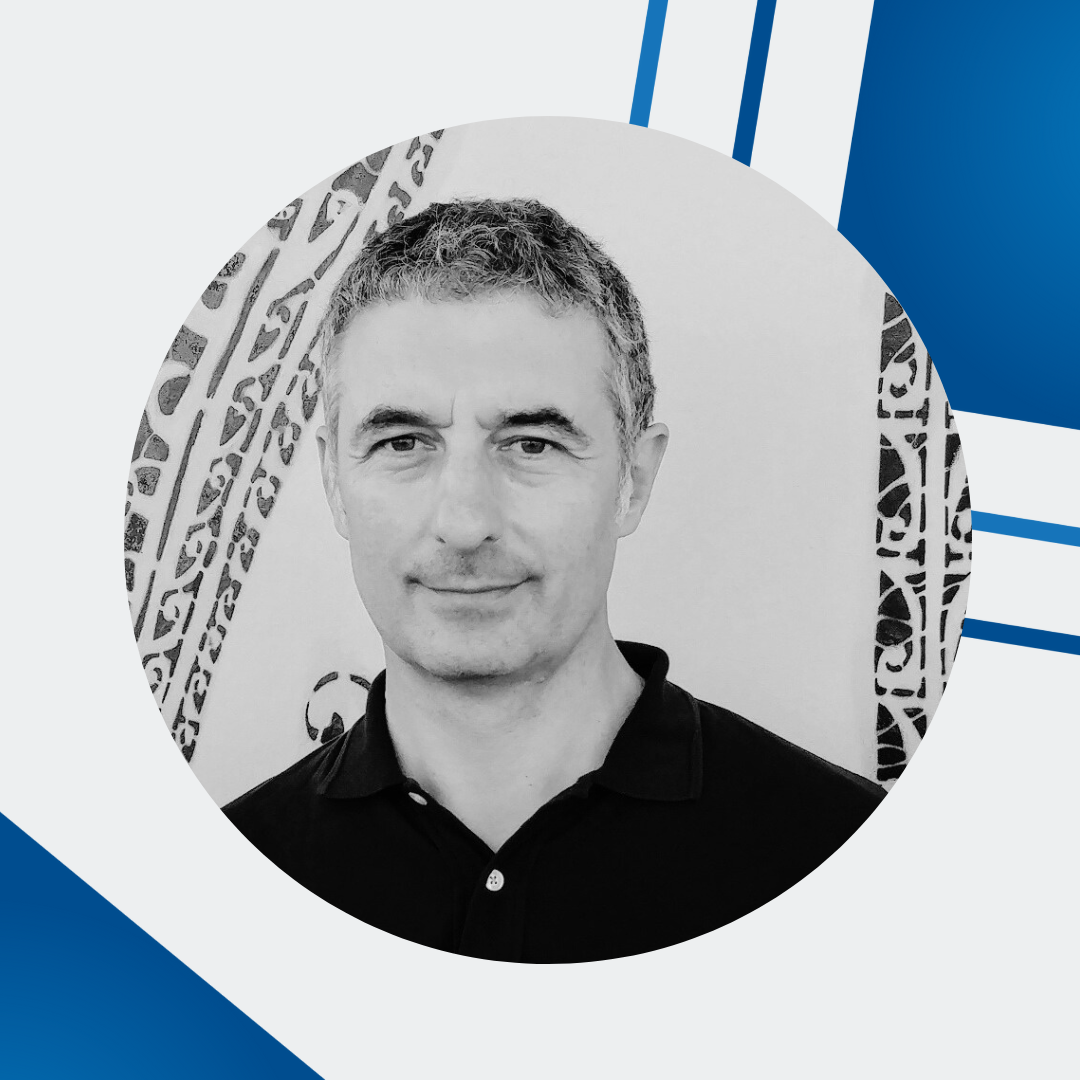

Jesus Alonso Carballés
Jesús Alonso Carballés has a PhD in contemporary history from the University of Salamanca (1998). He is a professor of civilization and the history of contemporary Spain at Bordeaux Montaigne University in France, where he directs the SYMBOLON axis within the AMERIBER research team. His latest research work has focused on the representation of the memory of the victims of war and violence in the urban space through the study of monuments, places of memory, museums and commemorations.
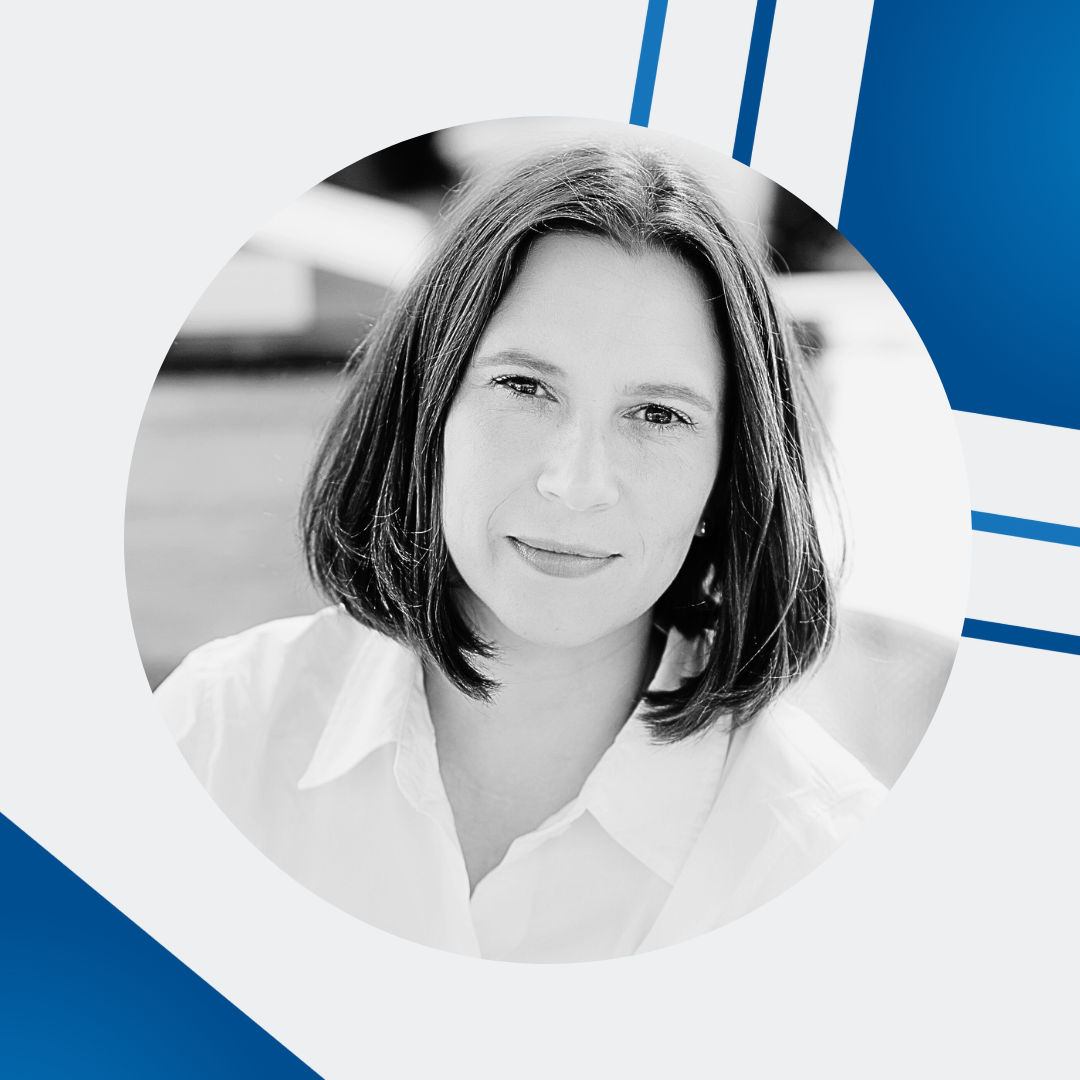

Elżbieta Ciżewska-Martyńska
Elżbieta Ciżewska-Martyńska, a historian of ideas and sociologist, is an assistant professor at the University of Warsaw’s Institute of Applied Social Sciences. Her research areas include the ideas and legacy of the East-Central European dissident movement of the 1970s and 1980s, European and American intellectual history, civic republicanism and the sociology of social movements. Her book The Public Philosophy of Solidarity (published in Polish, 2010) was highly acclaimed and attracted public attention.
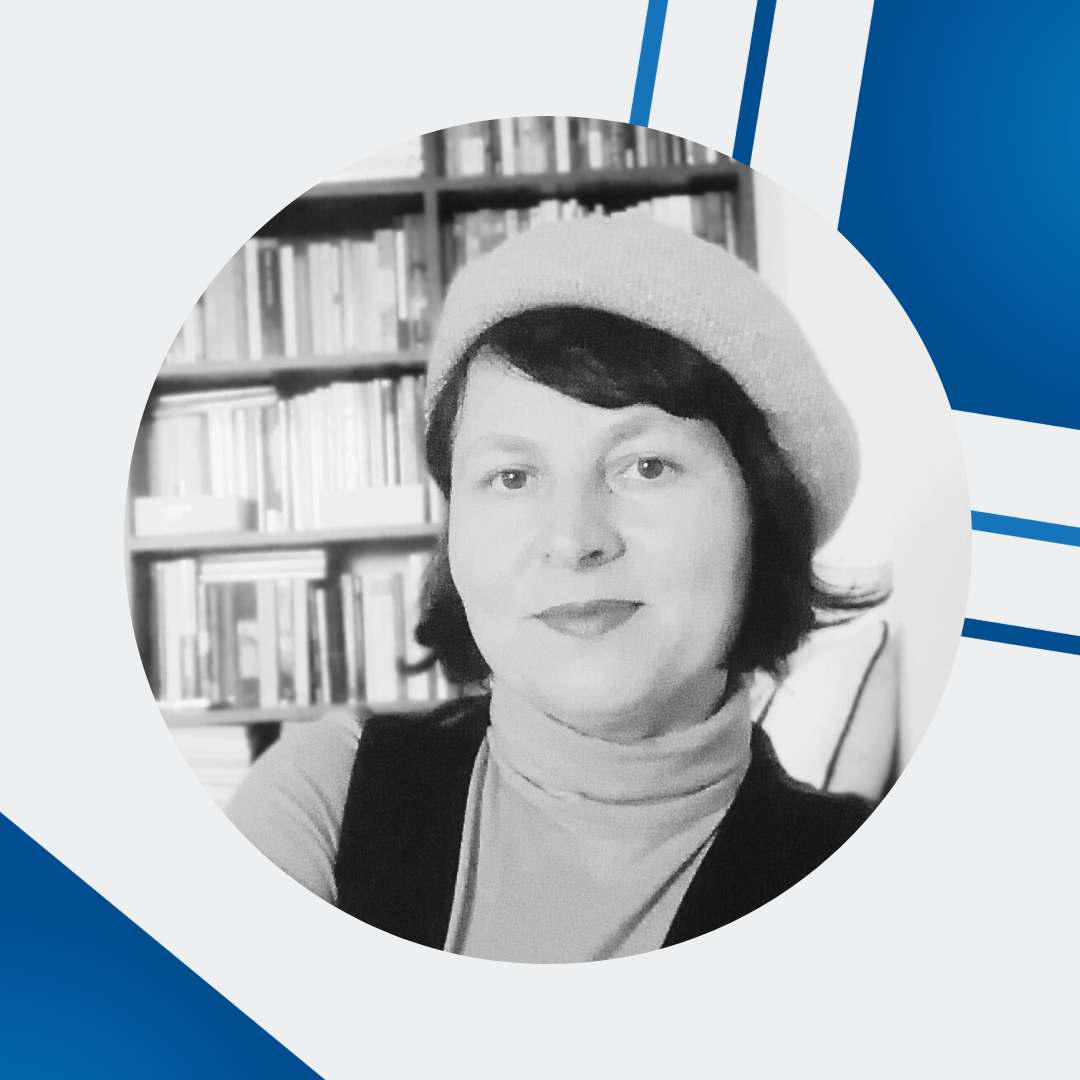

Claudia-Florentina Dobre
Claudia-Florentina Dobre is a senior researcher at the Nicolae Iorga Institute of History, Bucharest. Her focus is on the memory of communism, museums, memorials and monuments, deportations, knowledge exchange and academic cultures in the Black Sea Region in the 20th century, and takes part in workshops, conferences and seminars in Europe as well as in Canada, Congo and Haiti. Her most recent publications include Martore fără voie. Fostele deținute politic și memoria comunismului în România [Unwilling witnesses: women former political detainees and the memory of communism in Romania] (Târgoviște 2021).
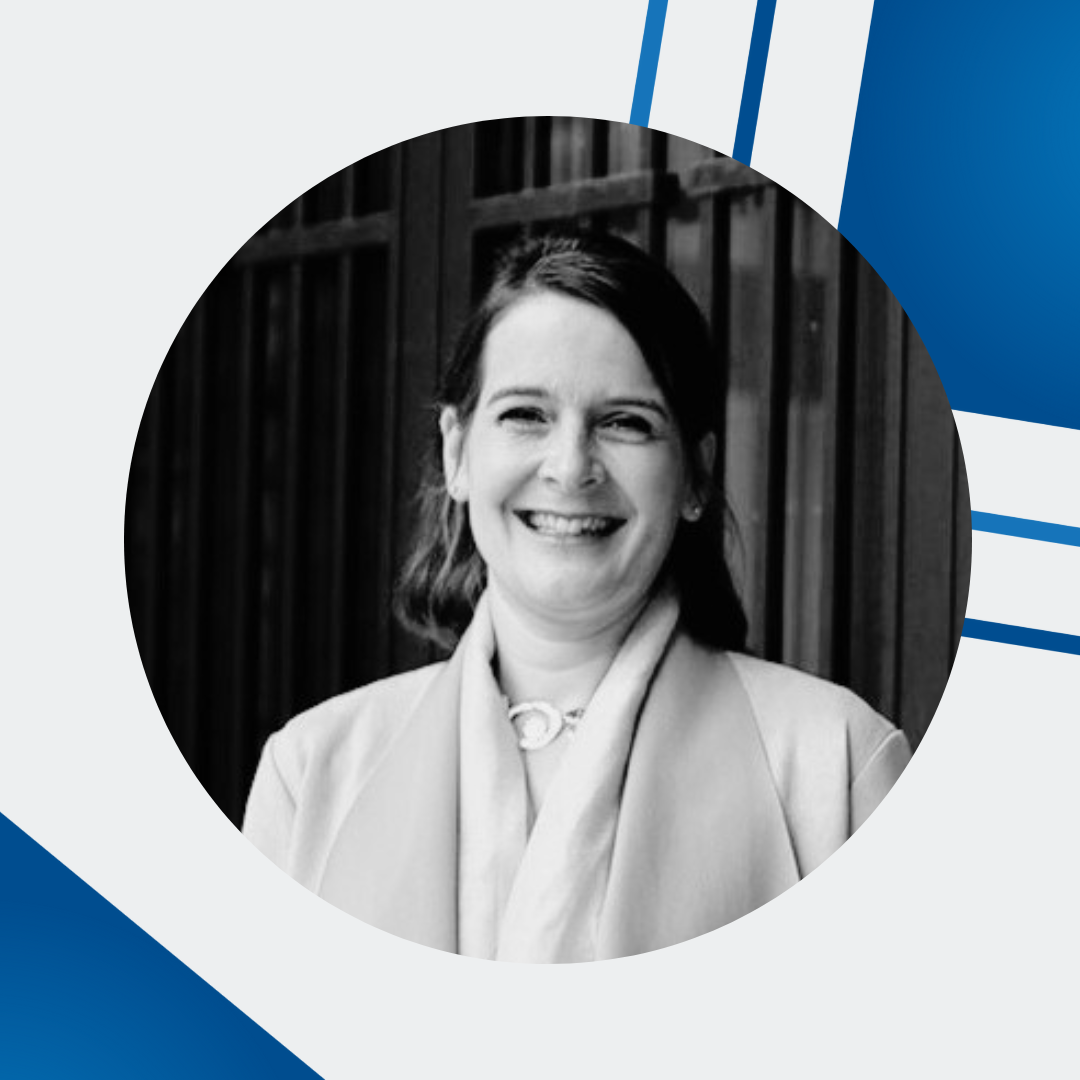

Constanze Itzel
Constanze Itzel has been director of the House of European History in Brussels since 2017. She helped create the museum as an adviser and curator from 2009 to 2017. Her PhD thesis explores the impact of the late medieval image debate on art. Constanze has worked as a teaching assistant at the University of Heidelberg and as a curator at the Badisches Landesmuseum in Karlsruhe, and has been a freelancer and intern in five other museums in Germany and France. Since 2005, she has worked in Brussels, first as a researcher and later as a committee administrator for the Committee on Culture and Education of the European Parliament, and then on the House of European History.
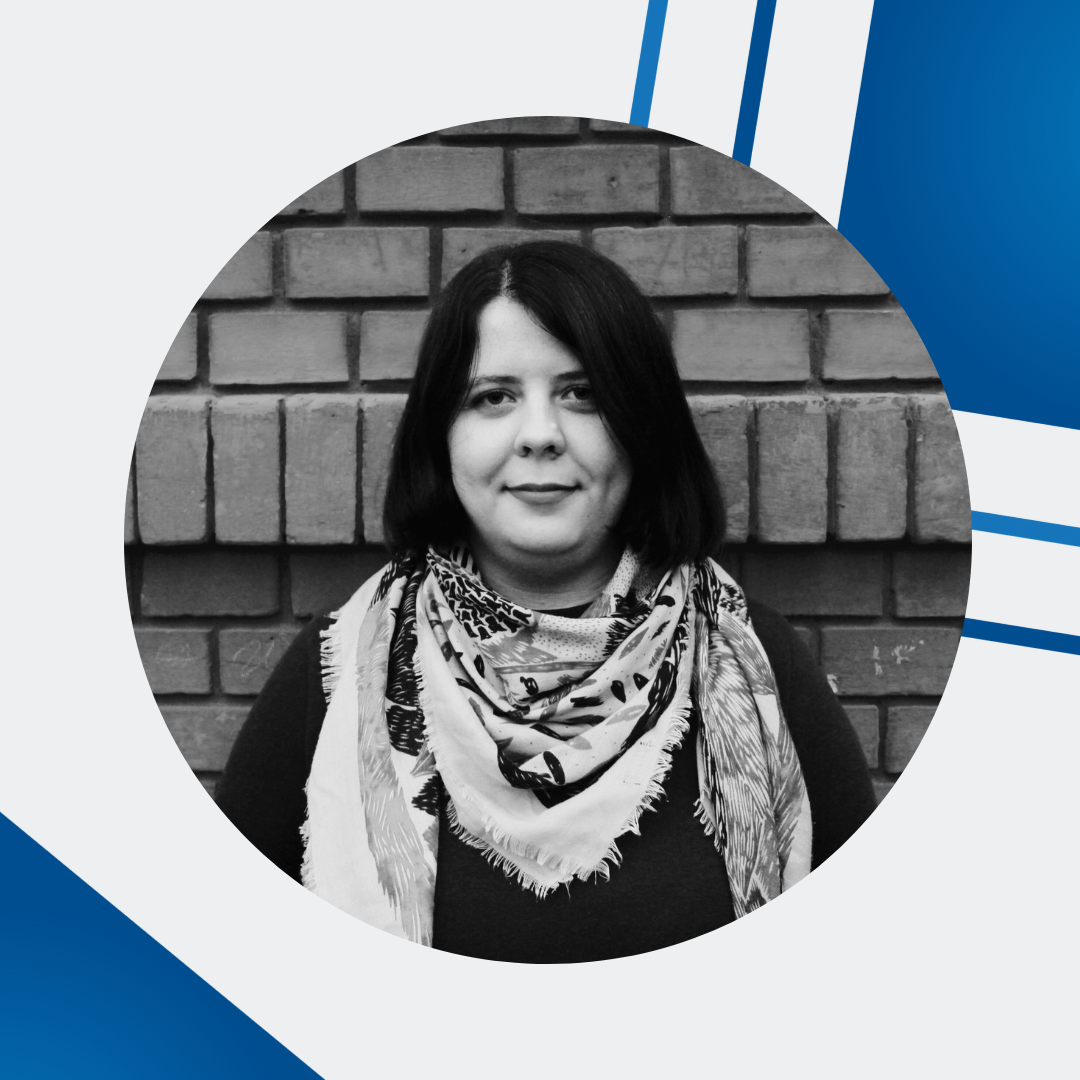

Bogdana Brylynska
Bogdana Brylynska is a cultural manager. She has worked for Lviv City Council’s creative programmes, after graduating in 2009 with an MA from the Ivan Franko National University of Lviv. She co-authored Lviv’s application for the title of UNESCO City of Literature, as well as the city’s cultural strategy up until 2025. Since 2017 she has been the head of the Lviv – UNESCO City of Literature office. She implements projects promoting local cultural heritage, as well as culturally integrating vulnerable groups.
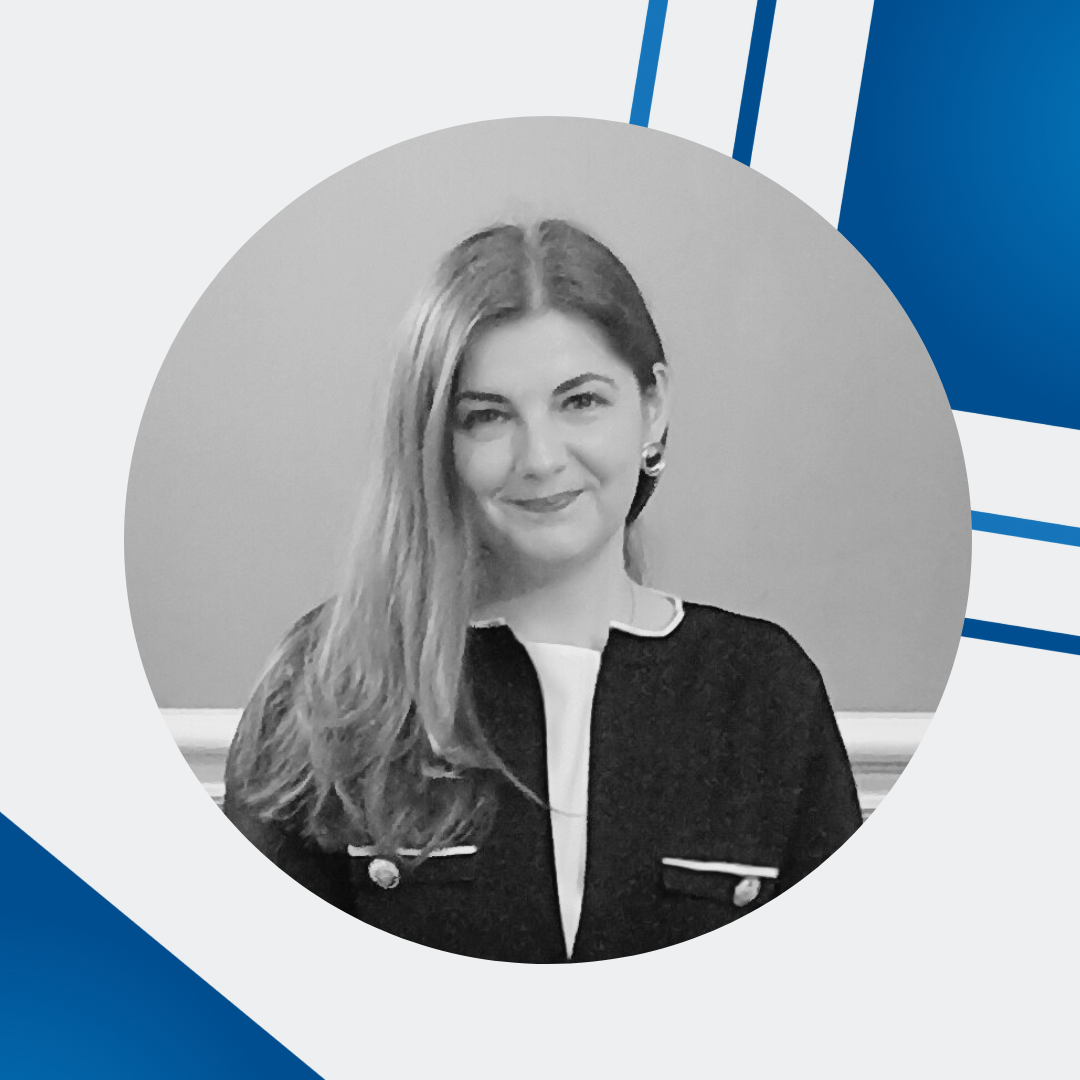

Luiza Iordache Cârstea
Dr Luiza Iordache Cârstea is a lecturer and professor at the Department of Contemporary History at the Universidad Nacional de Educación a Distancia (UNED). She has a PhD in political science. Her research interests include humanitarian aid in Europe in the first half of the 20th century, the Republican exile of 1939, Stalinism, the Gulag and the European concentrationary system. She has participated in national and European projects on these topics, including the MIGRAID and Rememchild projects.
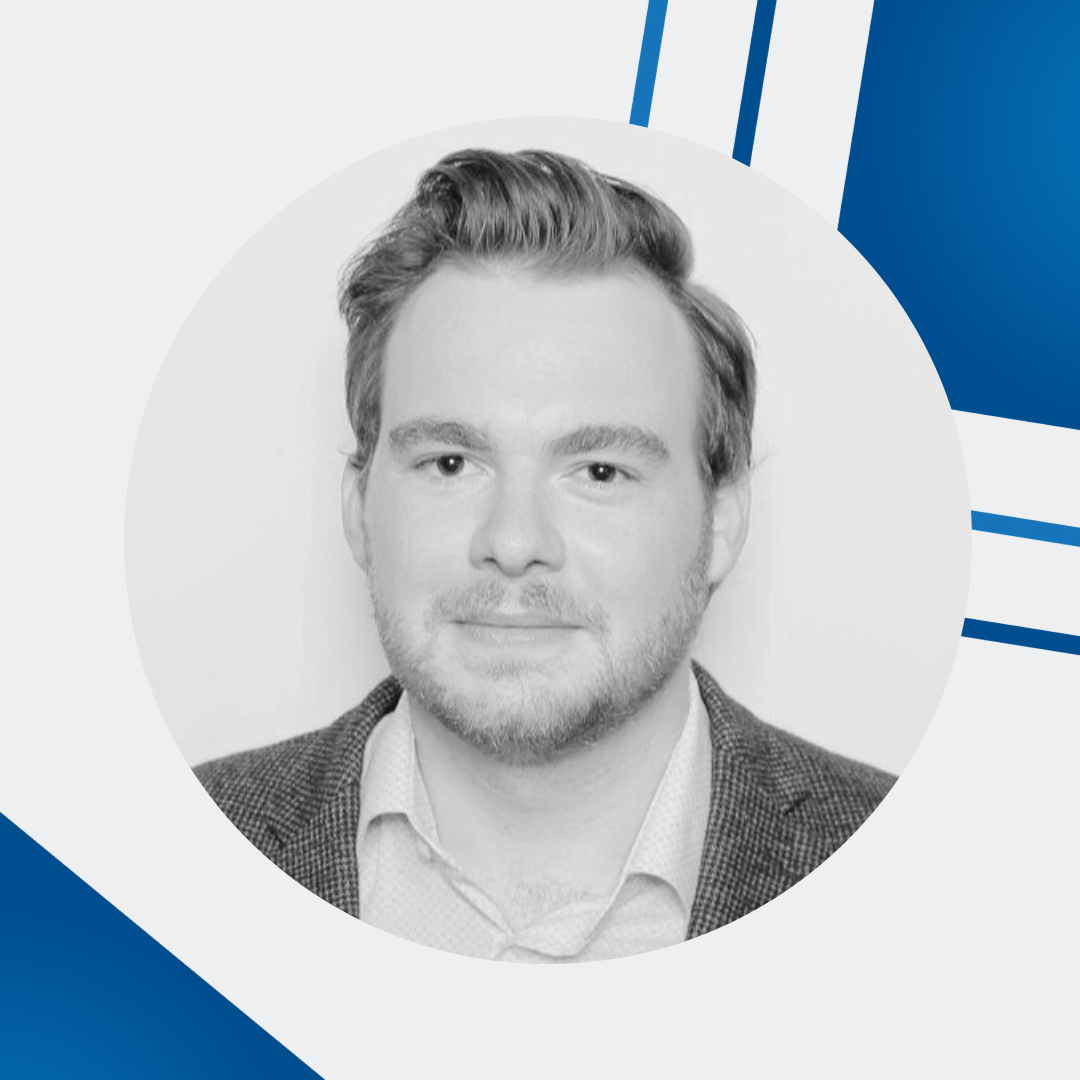

Fynn-Morten Heckert
Fynn-Morten Heckert is a project officer at the Observatory on History Teaching in Europe, an Enlarged Partial Agreement of the Council of Europe and works also on the Council of Europe – the EU joint project ‘Transnational History Education and Co-operation Laboratory’ (HISTOLAB). He completed his master’s degree in Southeast European studies at the University of Graz (Austria) and University College London (UK), having obtained his bachelor’s degree in history and political science at the University of Kiel (Germany).
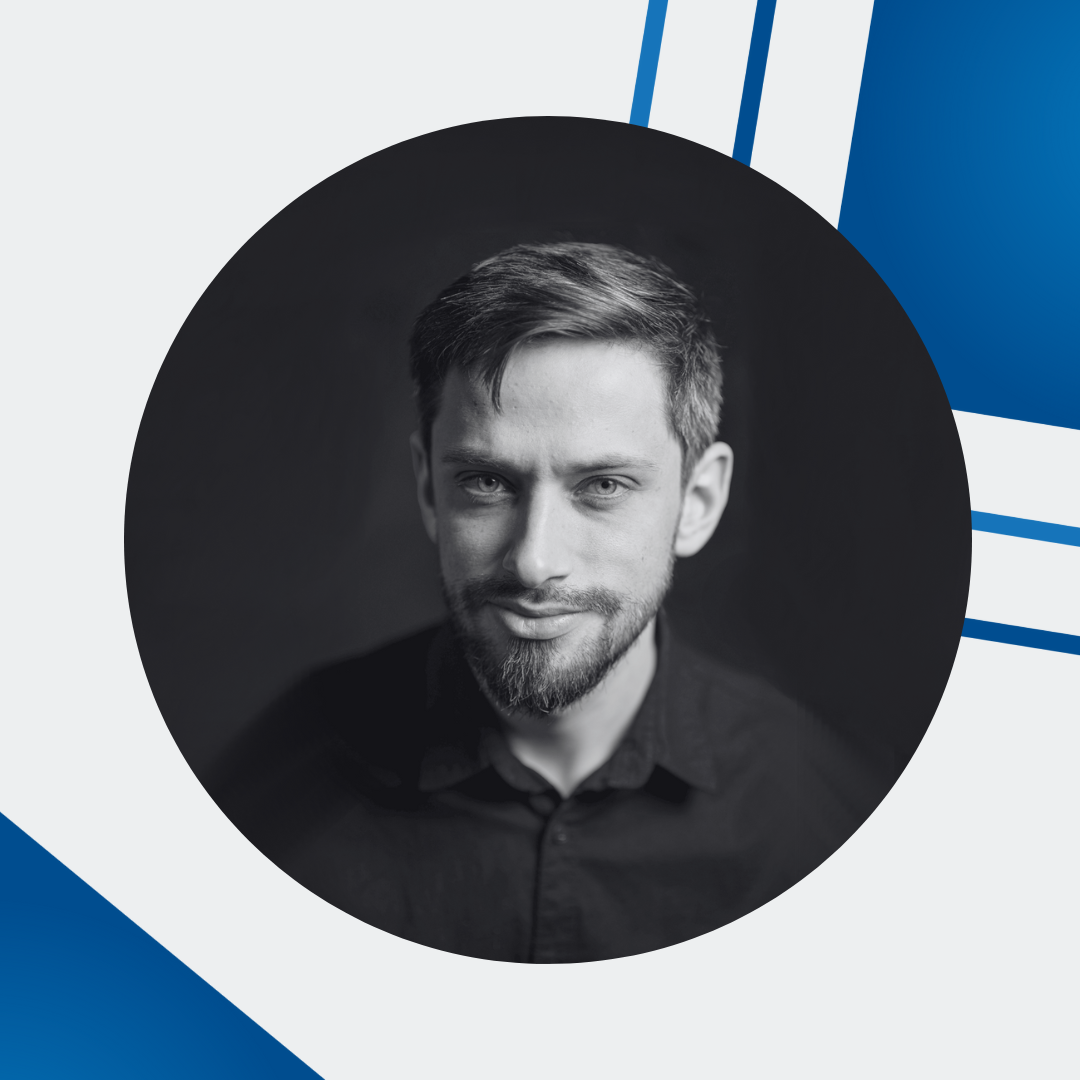

Maciej Piotrowski
Maciej Piotrowski is a historian and studies scholar and animator of cultural life in the Polish-Ukrainian borderland. He worked in the Nizio Design International on the permanent exhibition of the Holodomor Museum in Kyiv. He translates Ukrainian literature including the novel Zhovtyi kniaz [The yellow prince] by Vasyl Barka. He has collaborated with the Creators Foundation (an educational programme for young refugees), College of Eastern Europe and the Folkowisko Association. He organised the Rozstaje [Crossroads] seminar for translators of literature from Central Europe (2018–21).
Photo: Małgorzata Kawka
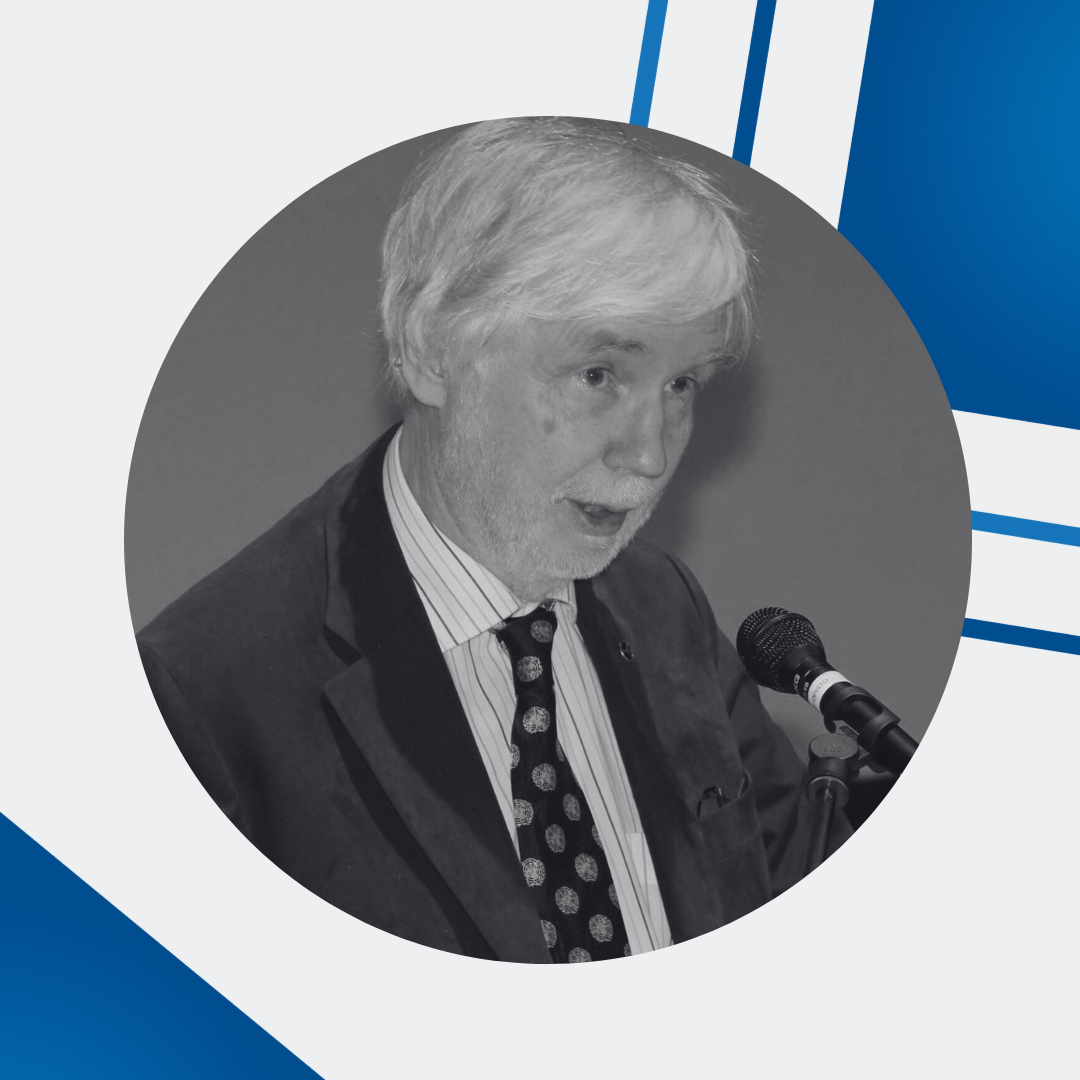

Erkki Tuomioja
Dr Erkki Tuomioja has a PhD in social sciences, MSc in economics and business administration, and is a docent in political history at the University of Helsinki. He was an MP in 1970–79 and 1991–2023, deputy mayor of Helsinki 1979–91, minister for Trade and Industry 1999–2000 and minister for Foreign Affairs in 2000–7 and 2011–15. He was the founding chairman of Historians without Borders in Finland 2015. He is the author of more than 20 books on history and current affairs.
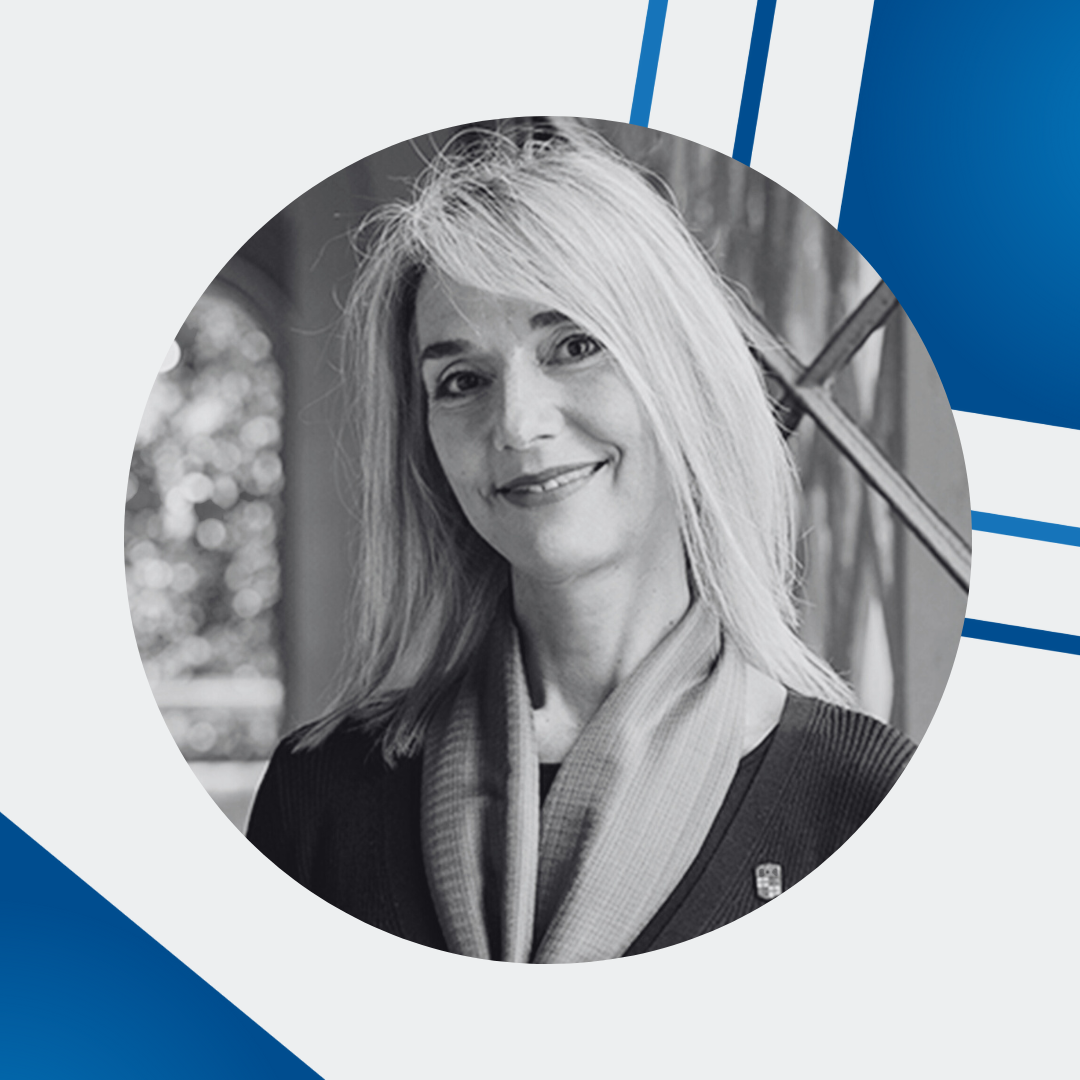

Bibiana Crespo Martin
Bibiana Crespo is the delegate of the Rector for the International Networks and Mobility at the University of Barcelona (UB), where she is professor of drawing. Dr Crespo’s research in archives and museums explores the different perspectives and ways of artistic creation, and their impact on social engagement policies and the accomplishment of the Sustainable Development Goals (SDGs) of the Agenda 2030. She is also specialises in artist’s books and their digital dimension. She has authored over 90 publications.
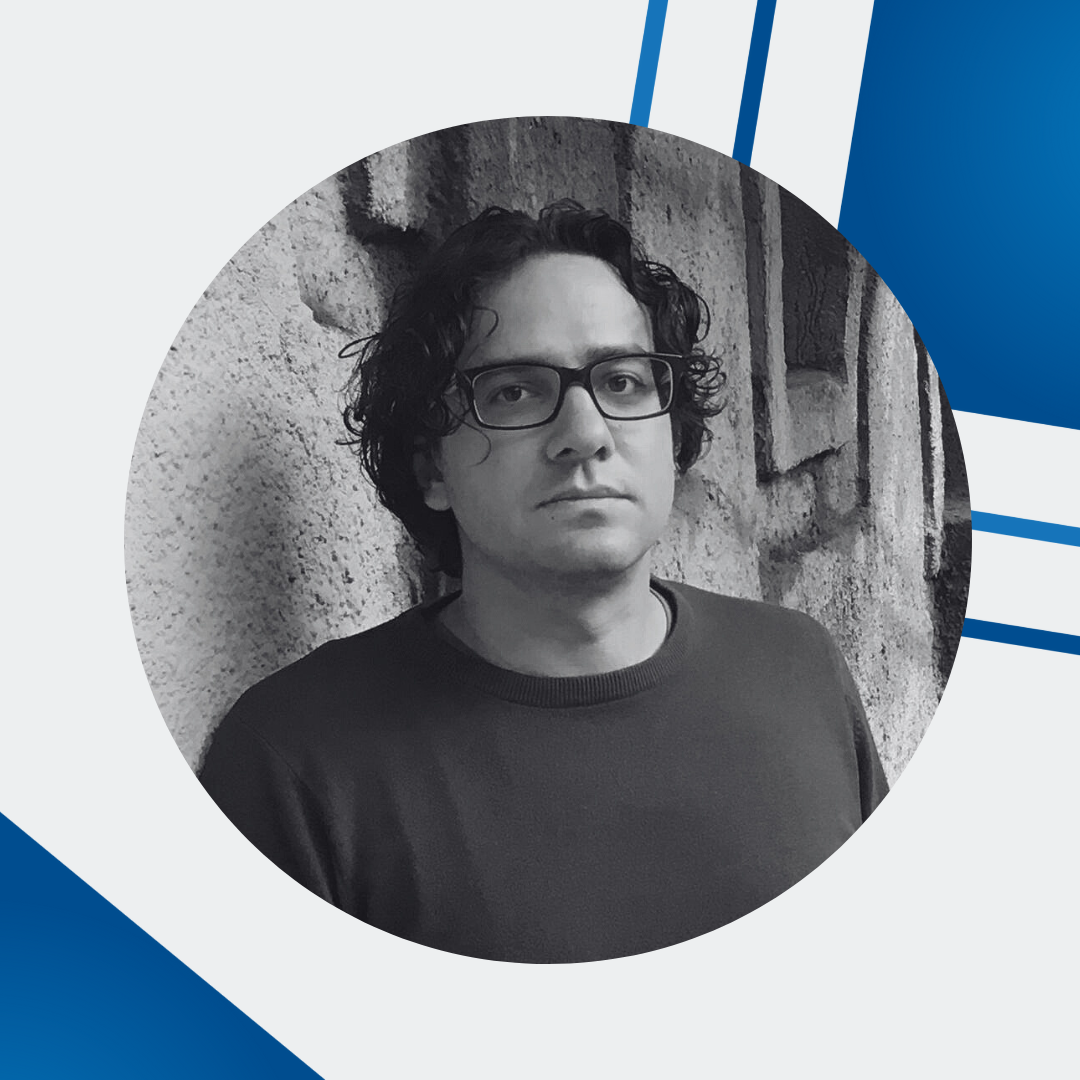

Šimon Krbec
Šimon Krbec is the managing director of the Archaeology of Evil Research Centre, an independent, multidisciplinary and nonprofit organisation, and coordinator of the project of the Theresienstadt Centre for Genocide Studies, Terezín, Czech Republic. He has directed and participated in educational programmes that commemorate the history of genocidal violence, including organising exhibitions throughout Central Europe. Since 2018 he has been active in the preservation of historical buildings and monuments in Terezín.
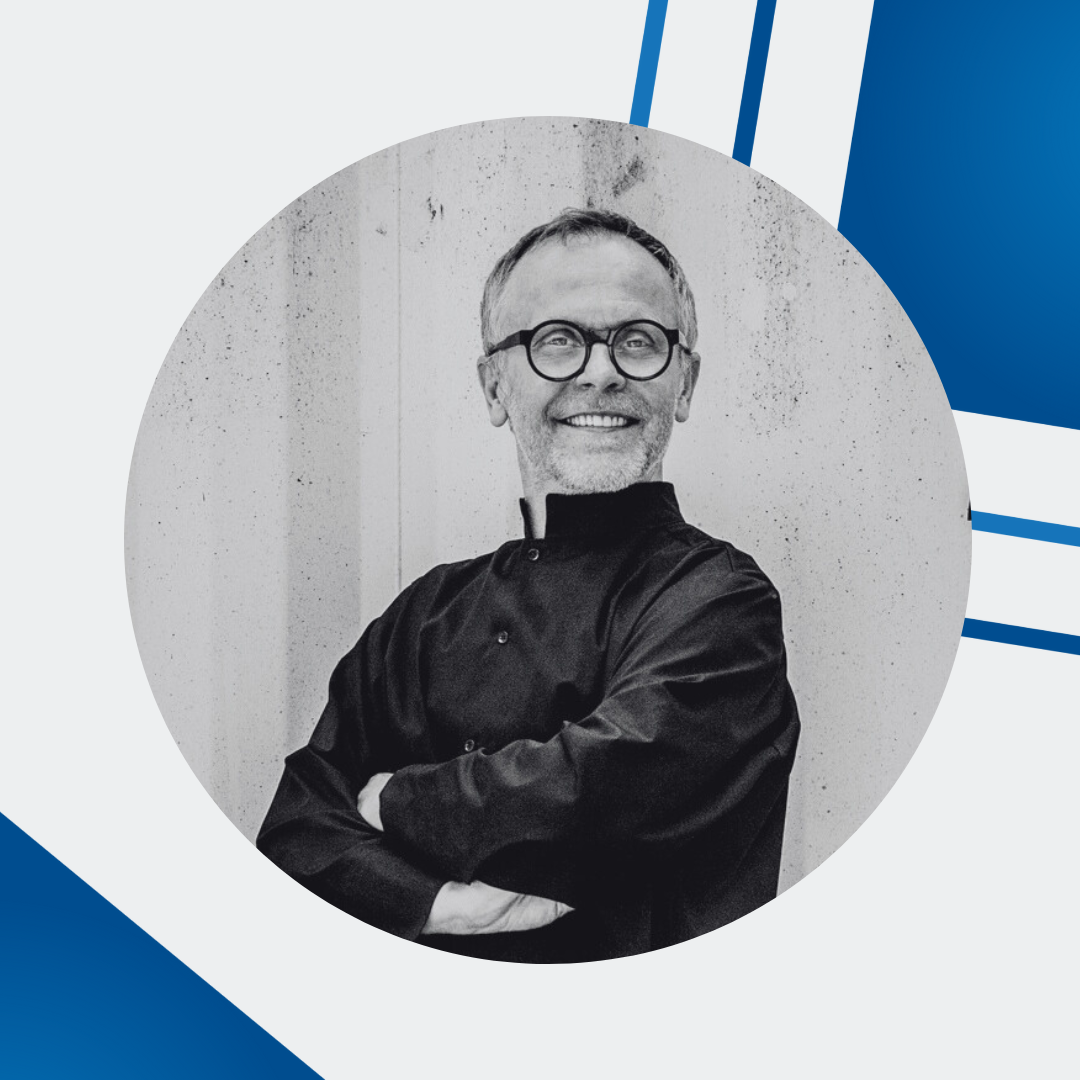

Mirosław Nizio
Mirosław Nizio is an architect and patron of culture with 30 years of experience in designing public spaces: architecture, museums, historical exhibitions and memorials. In 2002, he founded Nizio Design International, one of the most active and dynamically operating studios in Poland whose projects very much relate to history and commemoration. NDI's rich portfolio includes, among others: The Warsaw Rising Museum (permanent exhibition), POLIN Museum of the History of Polish Jews in Warsaw (permanent exhibition), National Museum of the Holodomor-Genocide In Kyiv (co-authorship of the building and the permanent exhibition), Mausoleum of the Martyrdom of Polish Villages in Michniów.
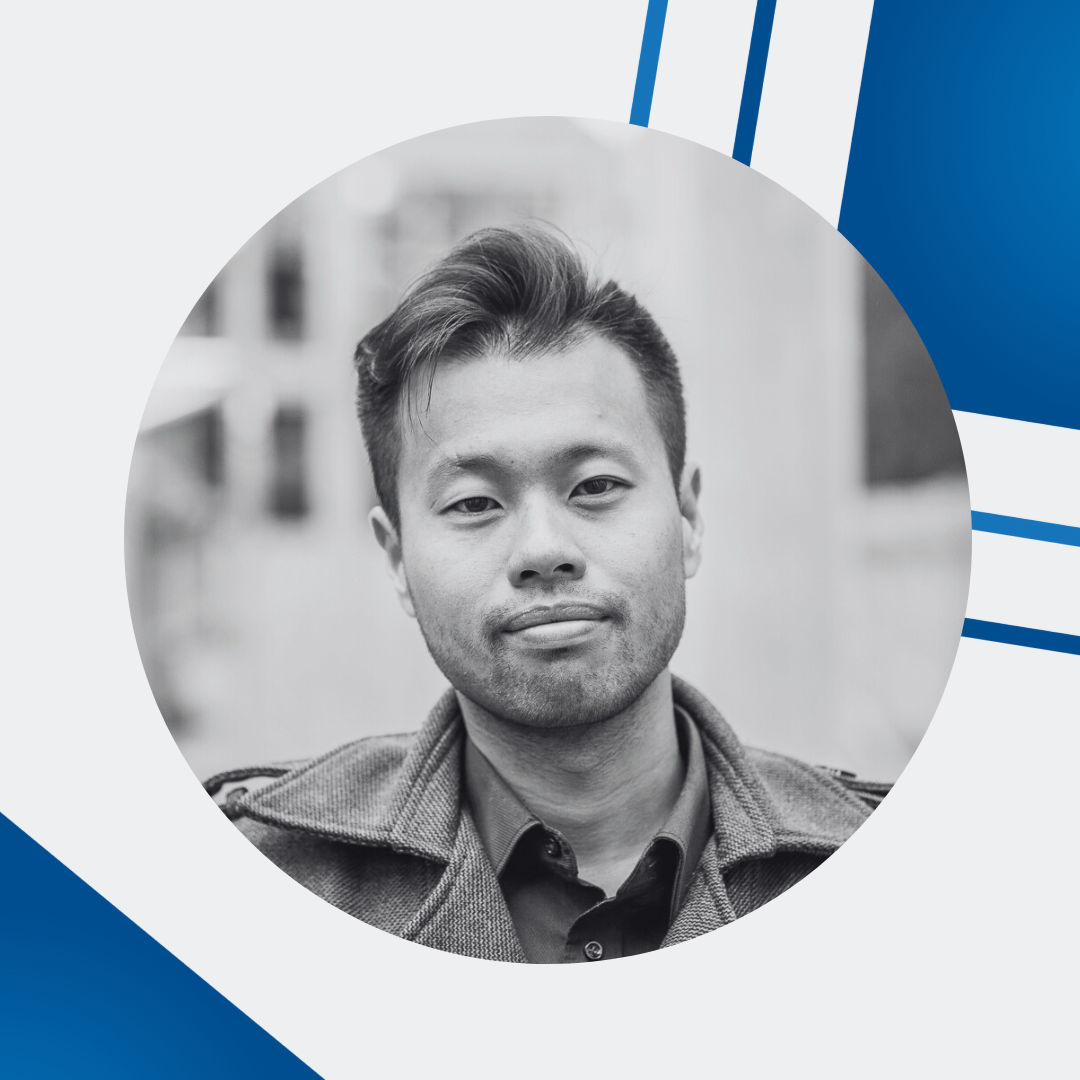

Tszwai So
Tszwai So is a British architect, artist and filmmaker based in London, whose emotionally charged oeuvre uses diverse media. His Belarusian Memorial Chapel in London is an icon for Belarusians worldwide. So won an EU-backed competition in 2018 to create the Pan-European memorial for victims of totalitarianism in Brussels. His film E-motion-AI City premiered at the 2021 Venice Biennale, and his drawings are held in the collections of the V&A Museum, London, and Wolfson College, Cambridge University. So co-authored Remembrance Now (London, 2023).
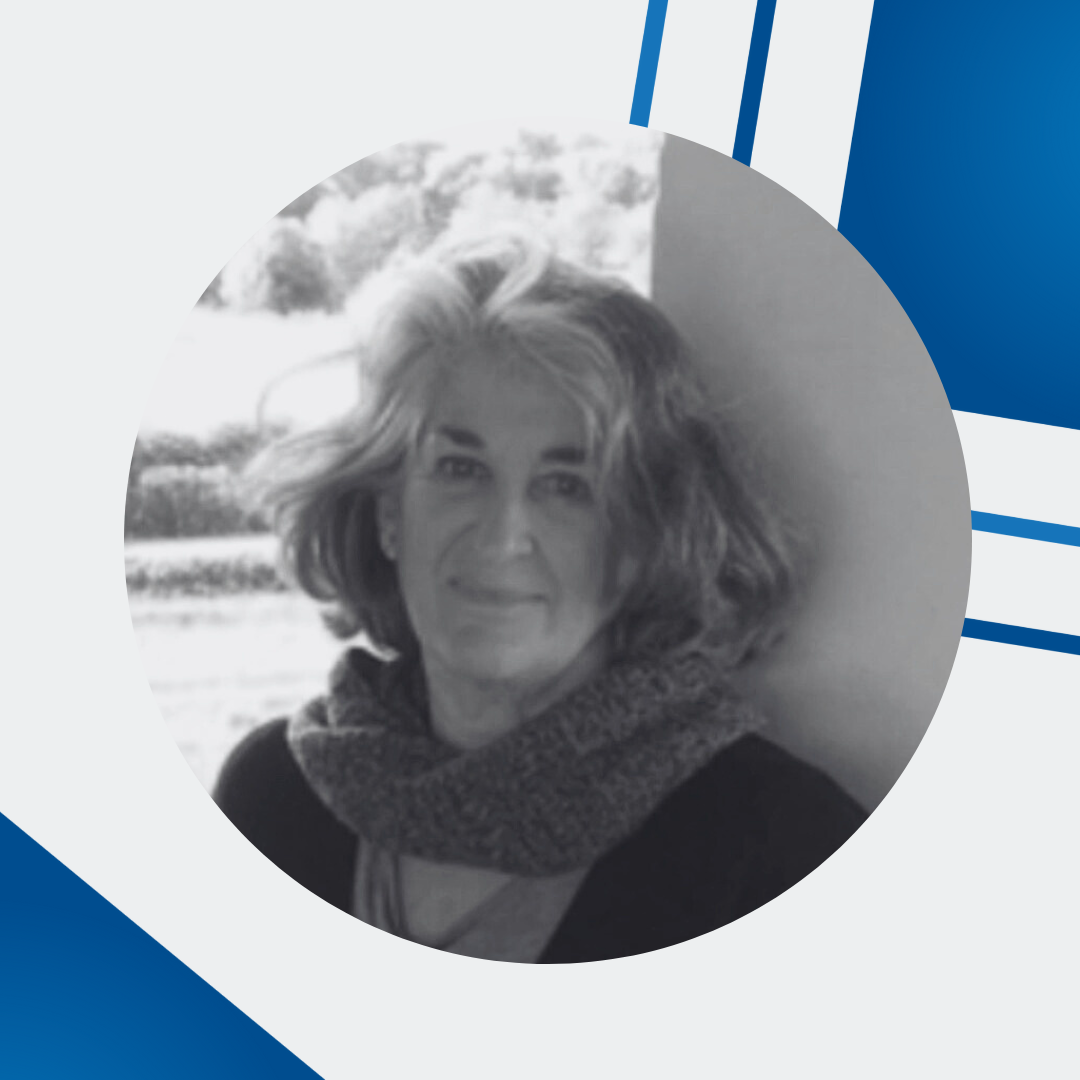

Piedad Solans
Piedad Solans is a historian, theorist and independent curator. Her work addresses a critical theory of violence and its structures (patriarchal, cultural, gender, political, warlike, social, ideological) through history and the visual arts, feminist and post/colonialist theory and ‘tools’ such as semiotics, literature, theory and psychoanalysis. Dr Solans received the Carmen de Burgos Award, Institute for Historical Women’s Studies, University of Malaga, in 1996 and the MAV (Mujeres en Artes Visuales/Women in Visual Arts) Award in 2016.
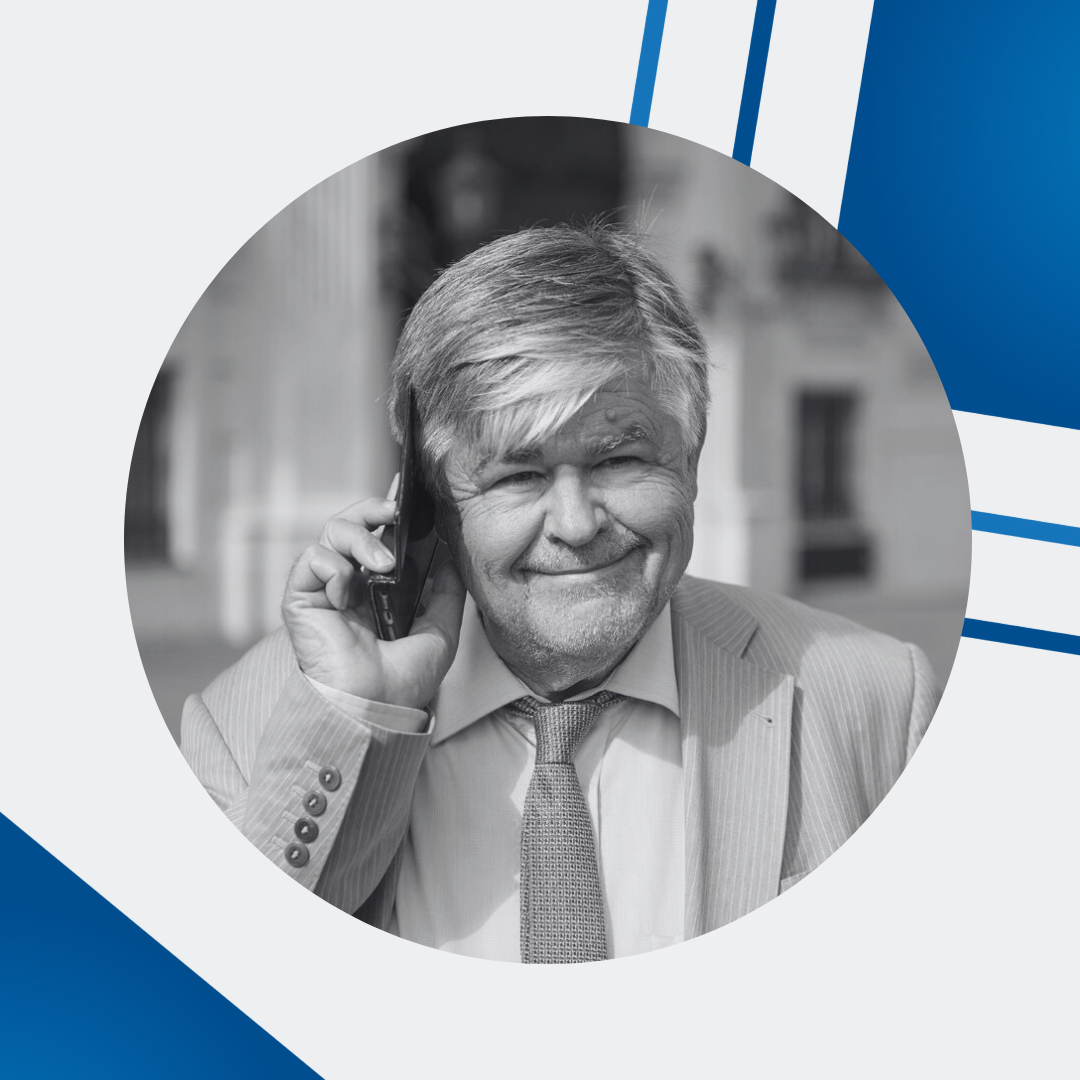

Otmar Lahodynsky
Otmar Lahodynsky studied German and English at Vienna University, before becoming editor of Profil, Austria’s leading political weekly (1977–88). He was a correspondent in Brussels for the daily Die Presse, covering EU and NATO (1988–95) and deputy editor-in-chief of Die Presse, Vienna (1995–96). He was the chief of foreign desk of Viennese daily Kurier (1997–98) and the European editor of Profil (1998–2019). From 2010 he became the president of the Association of European Journalists (AEJ): Austrian Section, becoming the AEJ’s international president in 2014 and has acted as its honorary president since 2020.
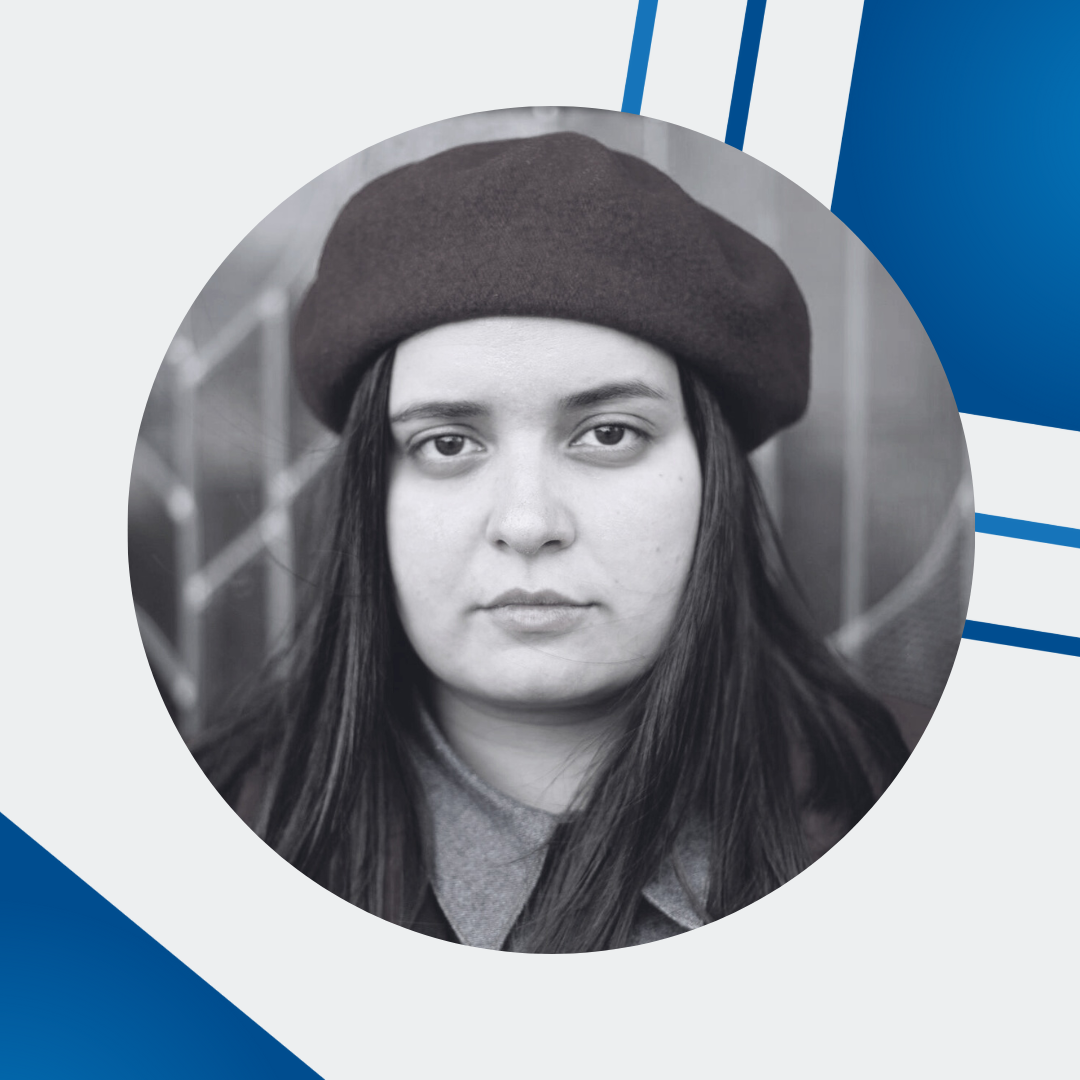

Olha Honchar
Olha Honchar is a culturologist and an anti-crisis manager. She is director of the Territory of Terror Museum, a memorial museum of totalitarian regimes in Lviv, and curates interdisciplinary projects in the field of historical memory and trauma, working across the Ukrainian regions. She is the CEO of the Museum Crisis Center initiative, which arose in the first days of the Russian war against Ukraine, and co-founder of the NGO New Museum and the charitable organisation Cultural Heritage Fund of Ukraine.
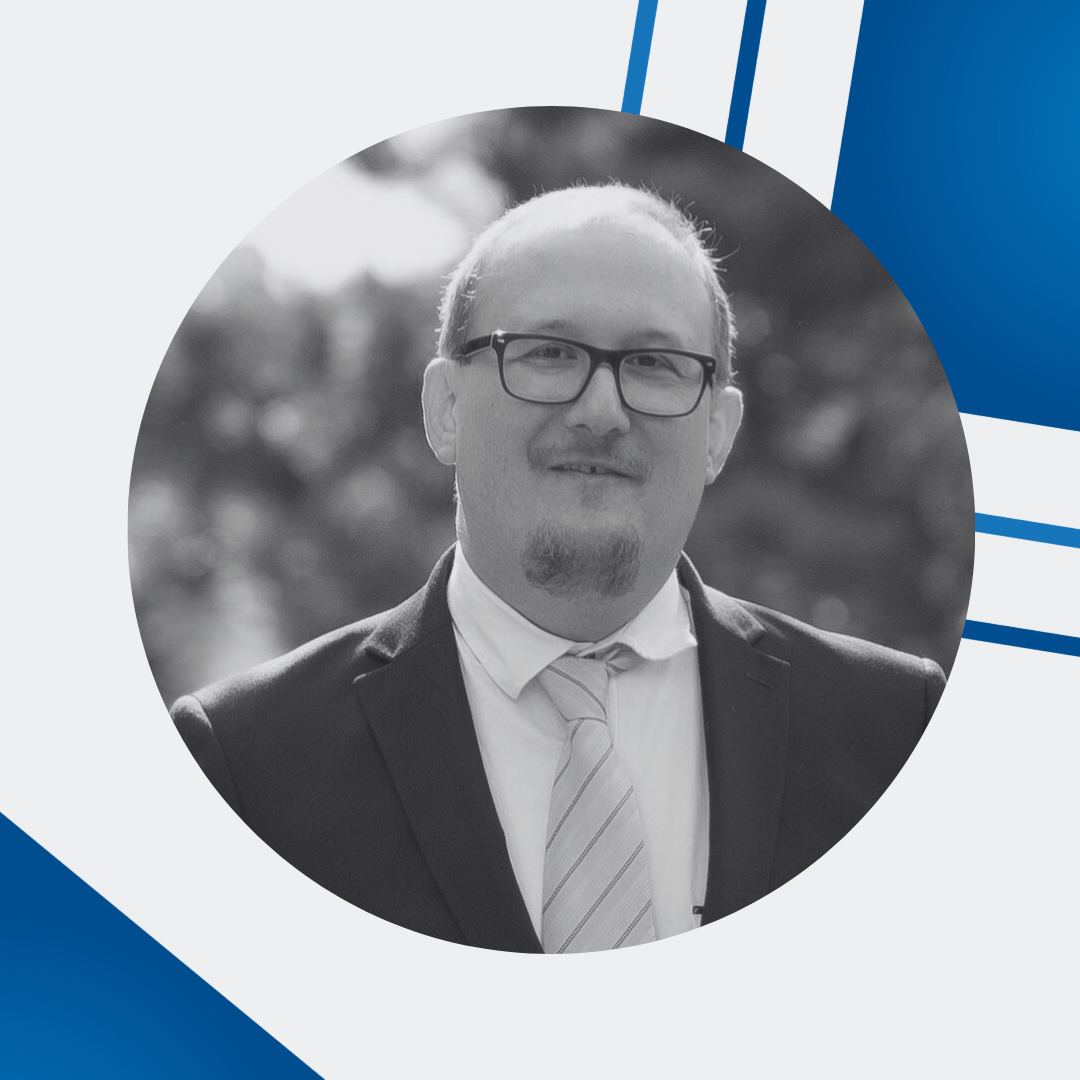

Matej Medvecký
Matej Medvecký is a senior researcher at the Institute for Military History in Bratislava, focusing on modern military history, security and intelligence agencies in 20th-century Czechoslovakia, totalitarian regimes and contemporary extremism. Since 2017 Dr Medvecký has been an expert witness in criminal cases related to extremism and terrorism for the Ministry of Justice of the Slovak Republic. He has published on the rise of Neo-Nazism and analysed the motives of the perpetrator of a shooting attack in Bratislava in October 2022 for the Slovak police.
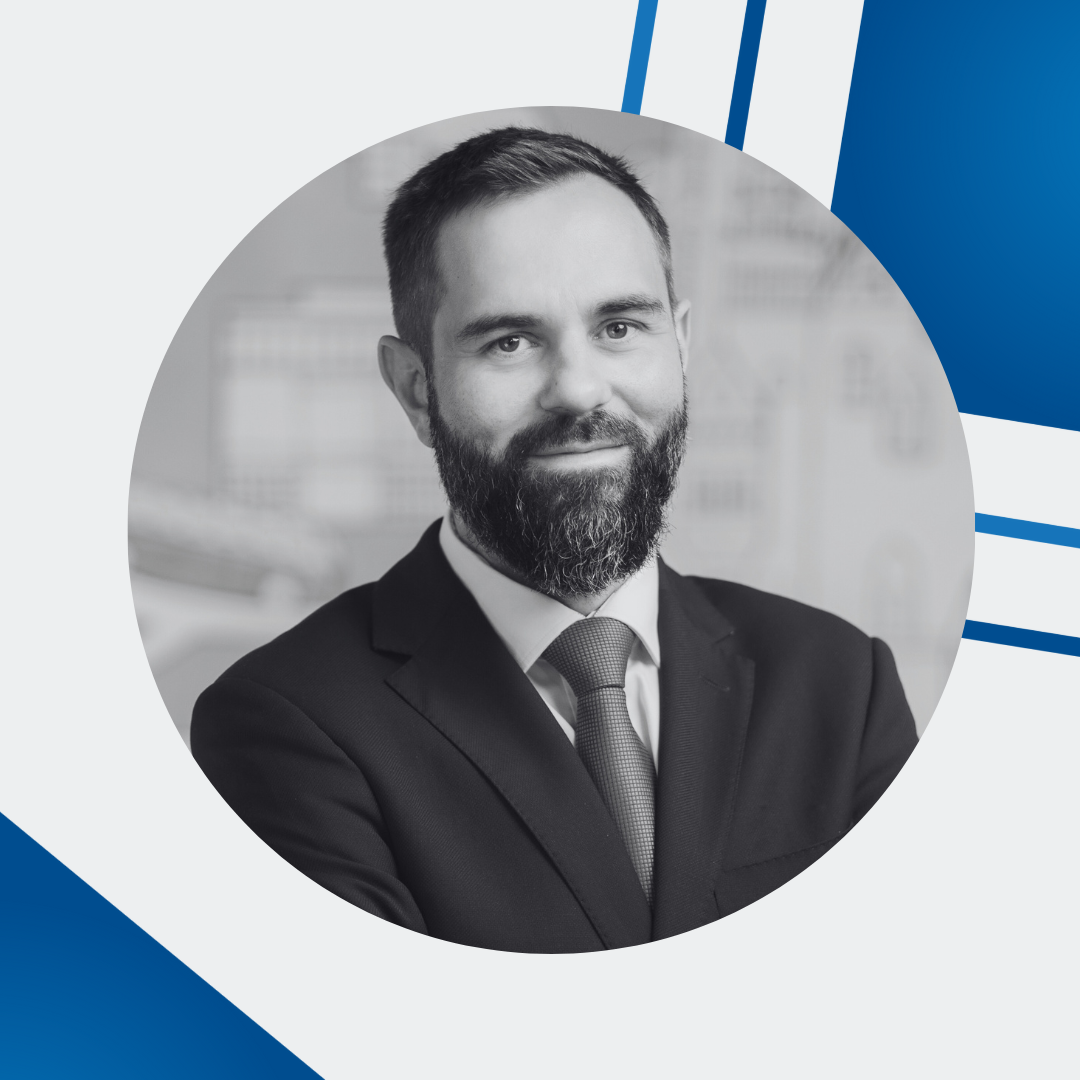

Marek Mutor
Marek Mutor, a Polish philologist and historian, was the founder of the Depot History Centre in Wrocław and created its permanent exhibition. He organises exhibitions and educational programmes. His specialist subject is Cardinal Boleslaw Kominek, who initiated the Polish-German reconciliation process after the Second World War. Mutor is the president of the Platform of European Remembrance and Conscience and deputy director of the Ossolinski Institute, managing a large library, two museums and a publishing house.
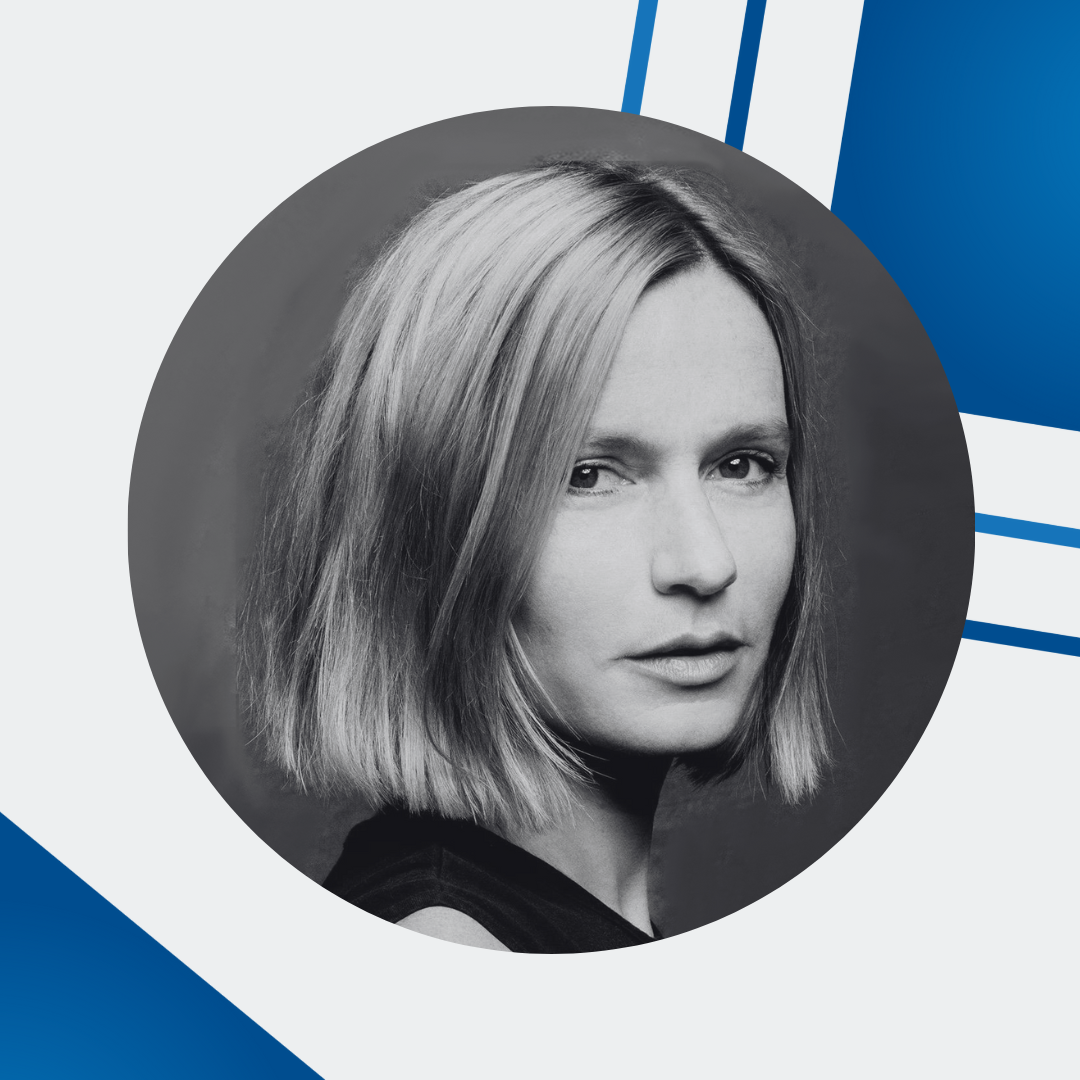

Géraldine Schwarz
Géraldine Schwarz is a German-French writer, journalist and documentary filmmaker. Her book Les Amnésiques (Flammarion) won the European Book Prize in 2018. Following three generations of her family, she traces the painful process of coming to terms with the past in Germany. She explores how Germans have transformed collective guilt into democratic responsibility, and compares it with remembrance in France, Italy and Eastern Europe. With rising populism and extremism in Europe today, she reflects on how society can become complicit in political crime.
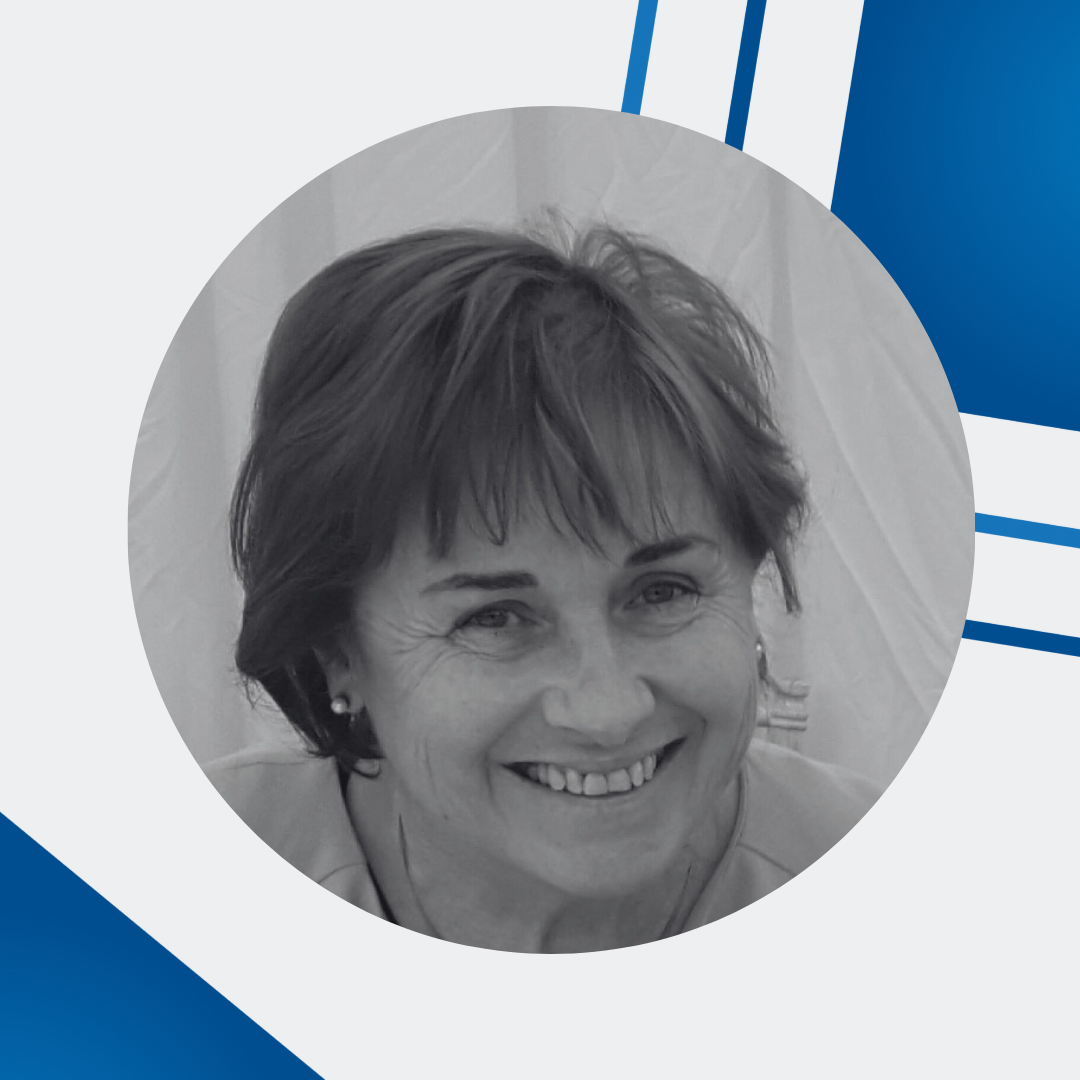

Barbara Walshe
Barbara Walshe was chair of the Glencree Centre for Peace and Reconciliation, Ireland (2014–2022). She has worked in restorative justice, training, communications, community development and peace building at local, national and international levels. From Walshe’s role as a peace envoy in the Israeli/Palestinian conflict to her ongoing work in Northern Ireland, she is an advocate for dialogue and nonviolence. She continues to facilitate difficult conversations between communities in conflict, with victims/survivors of sexual abuse and religious institutions and prisons in Ireland and the United States.


